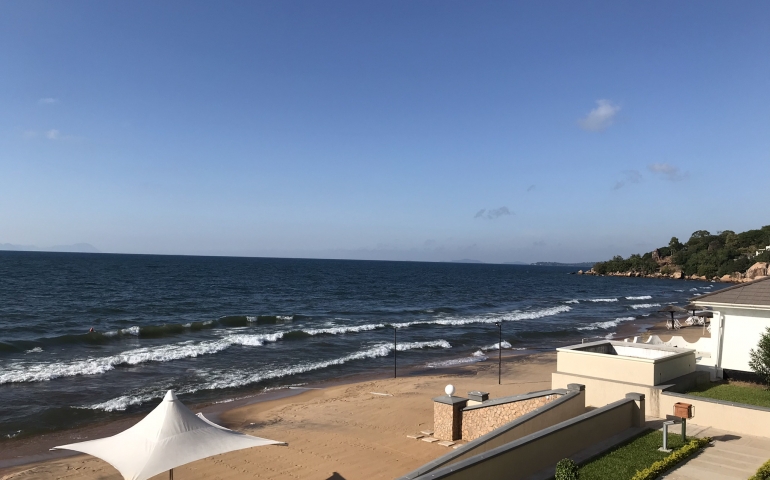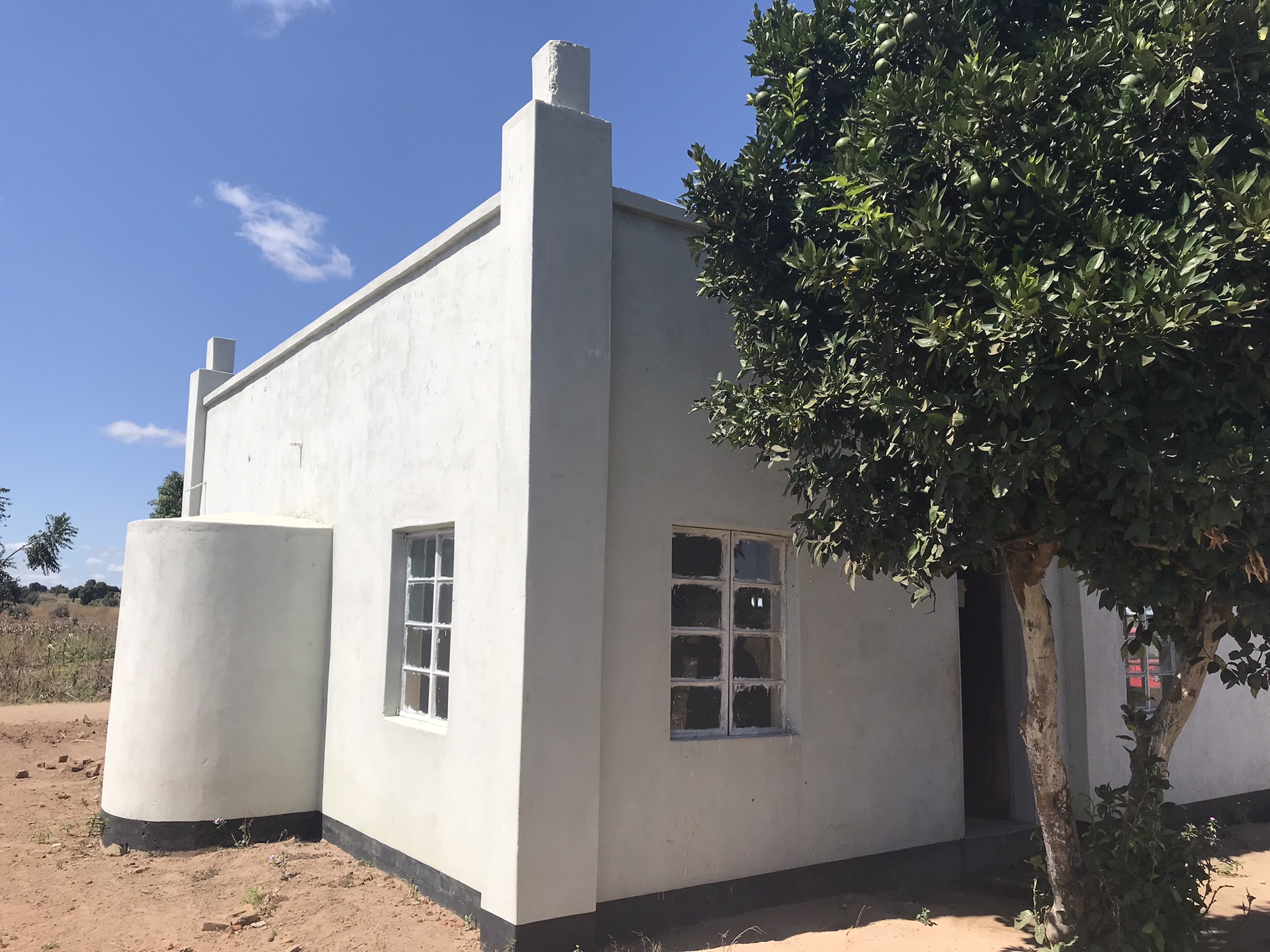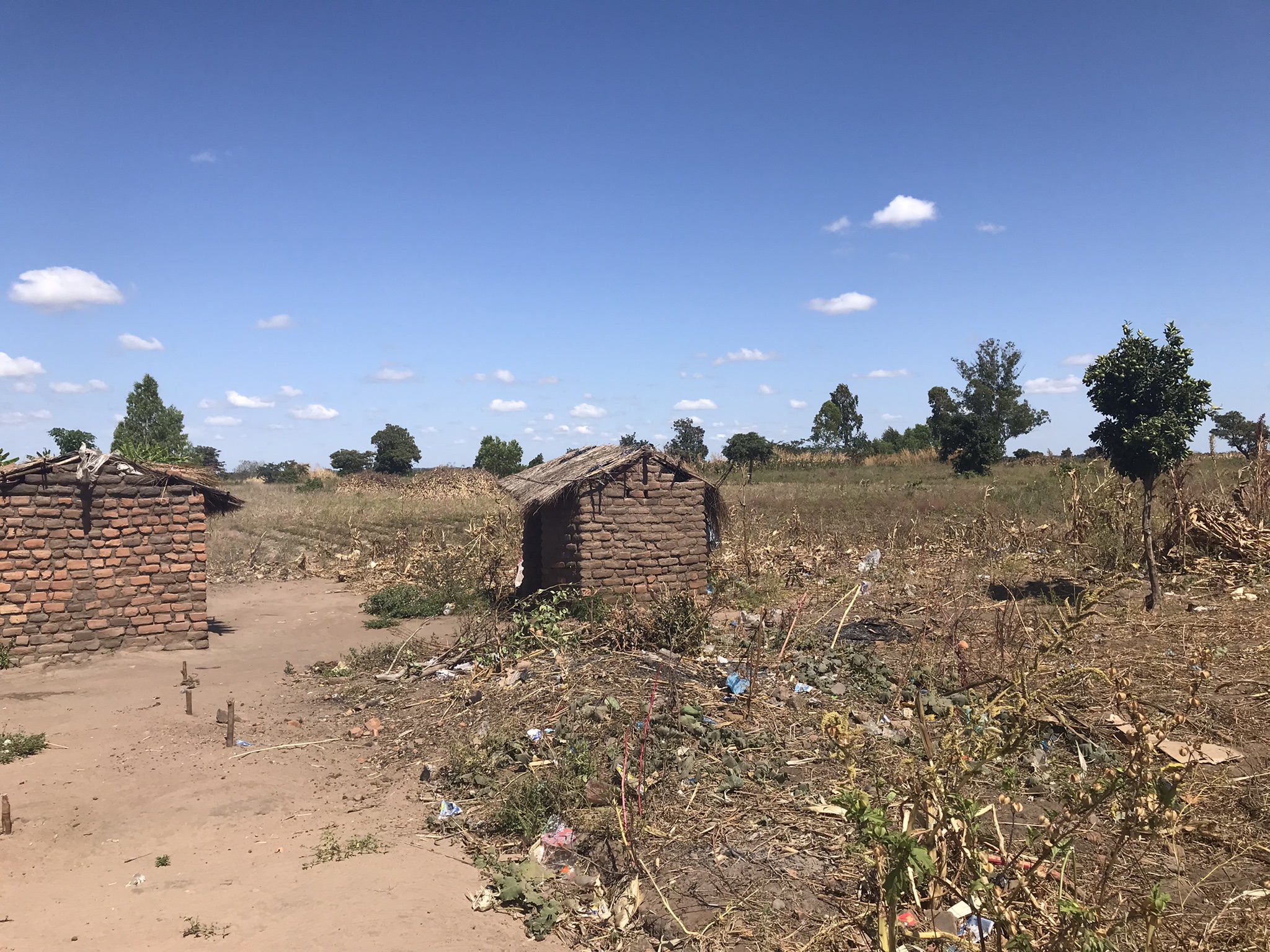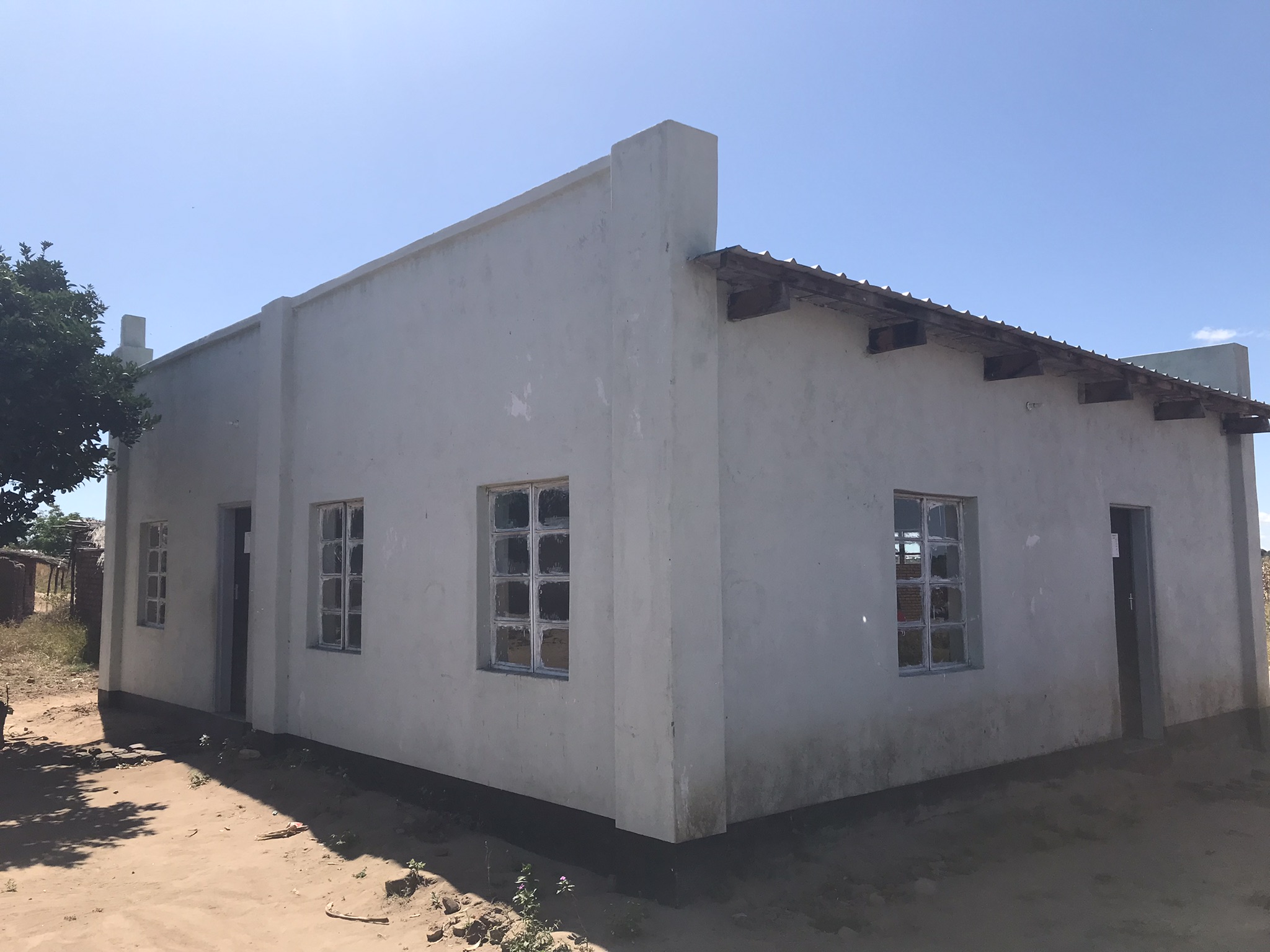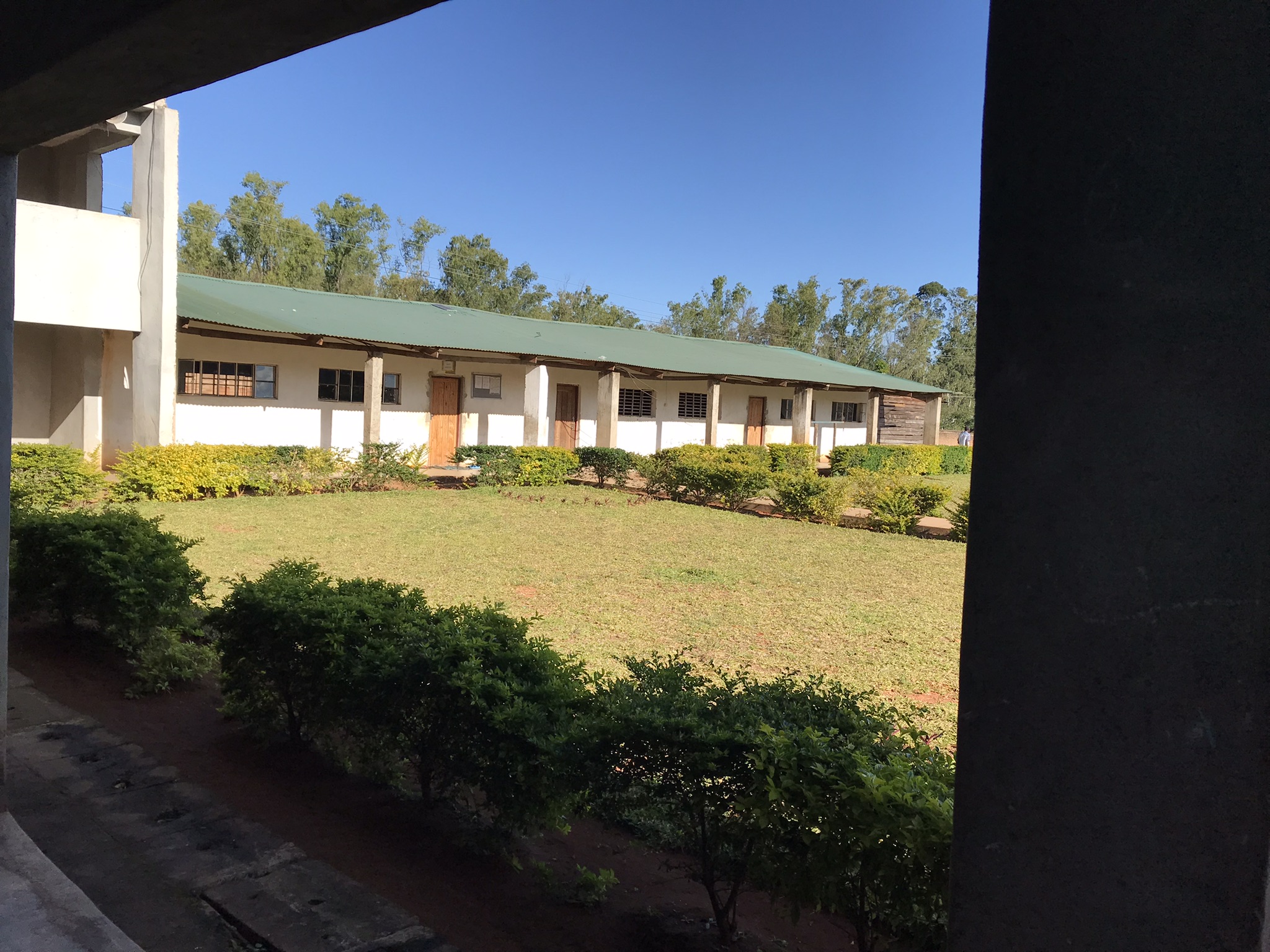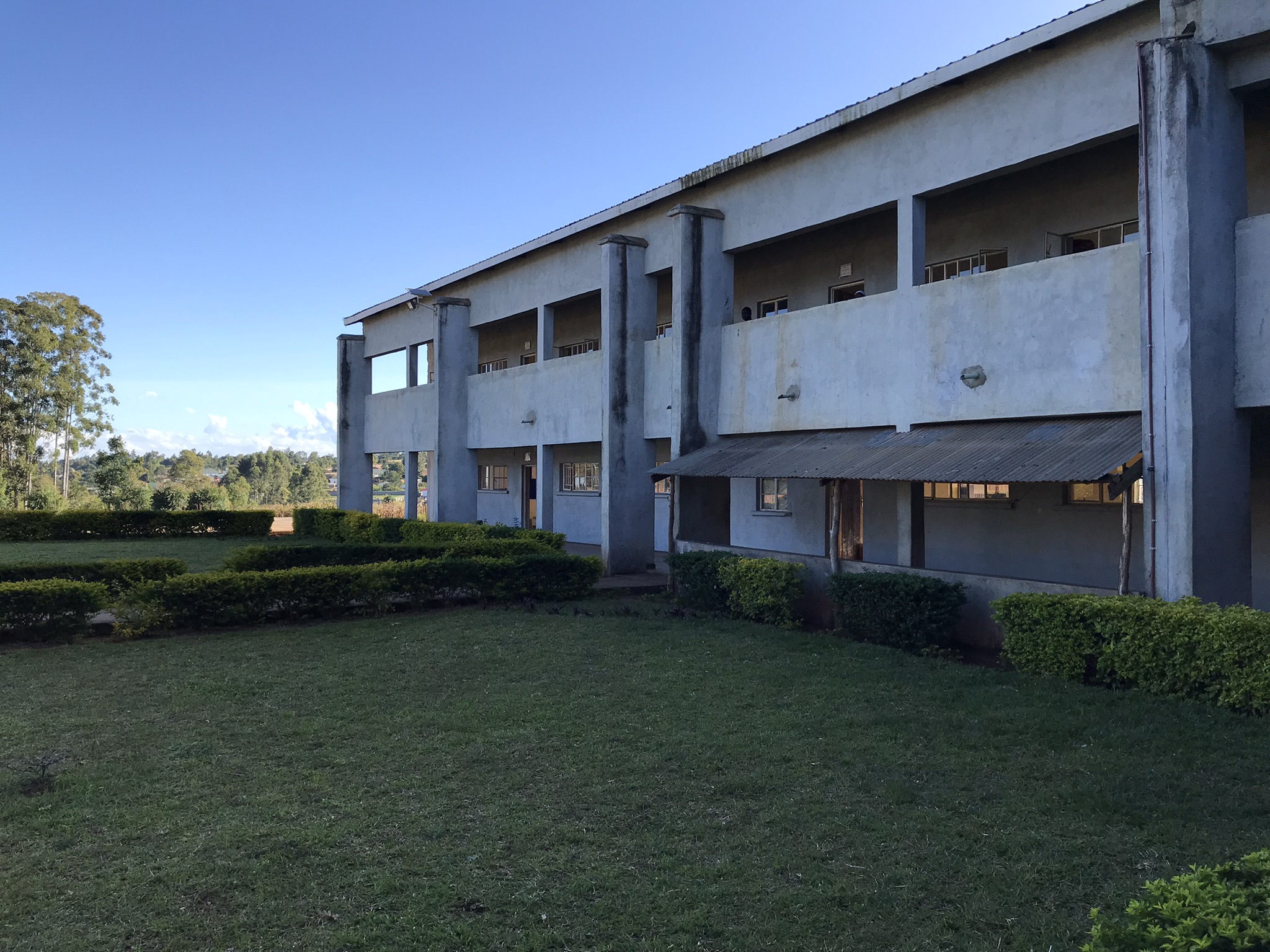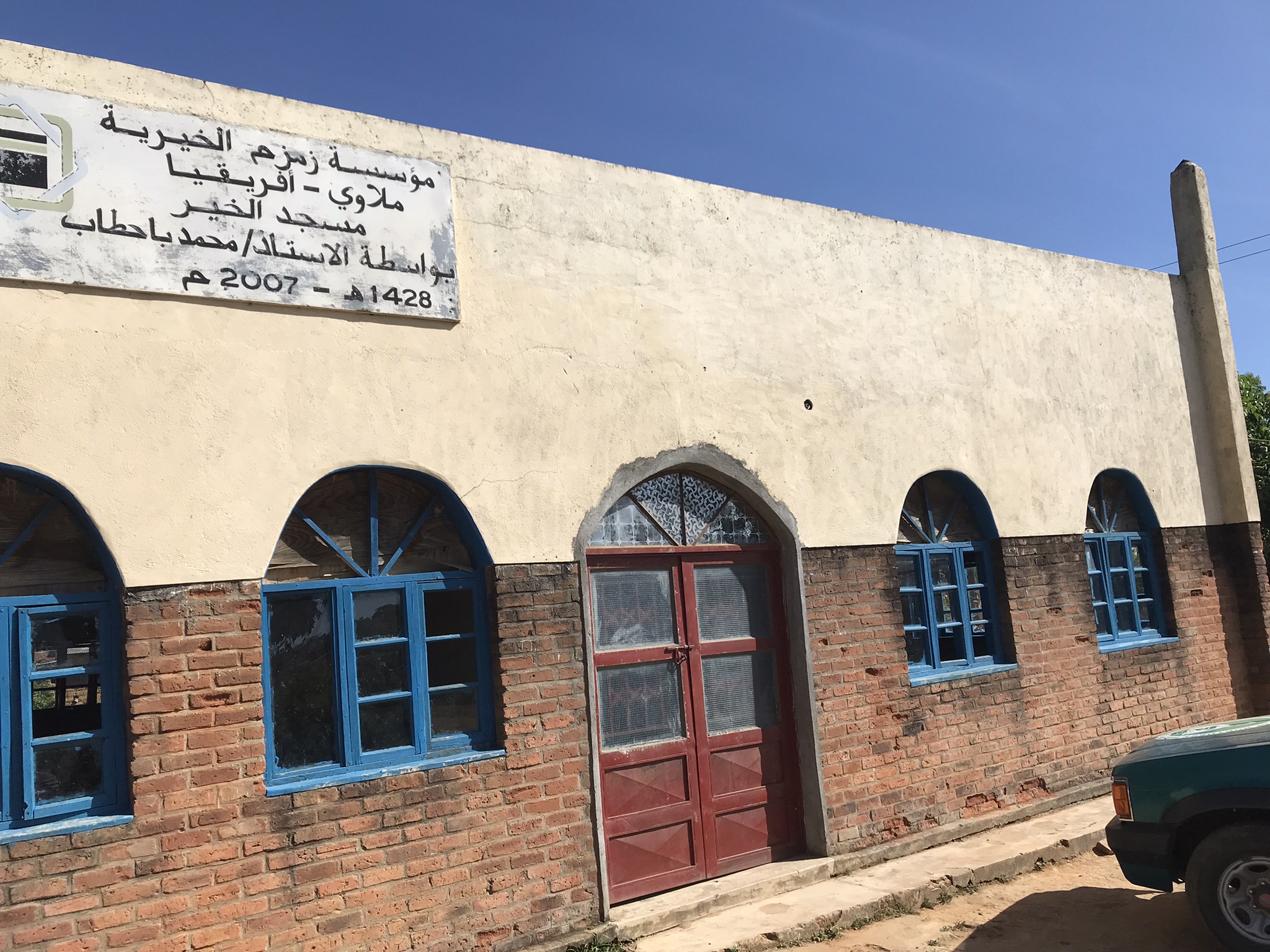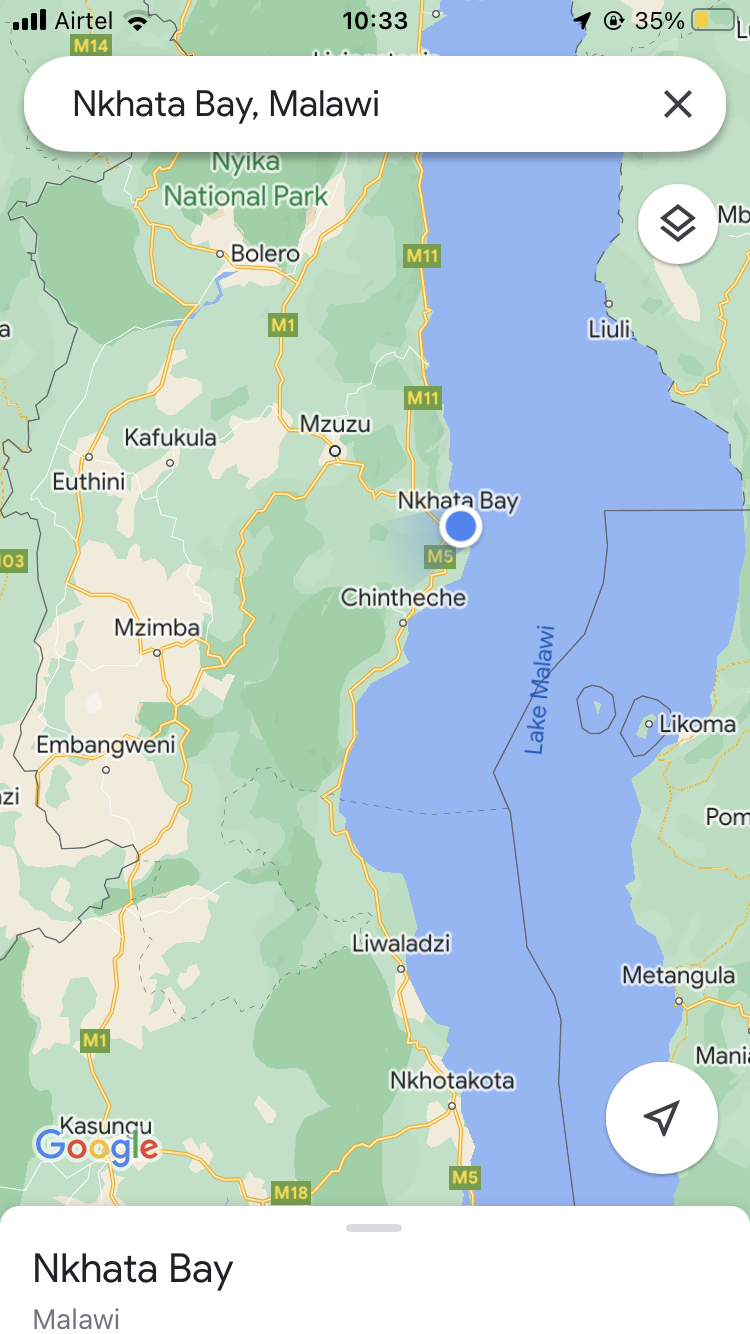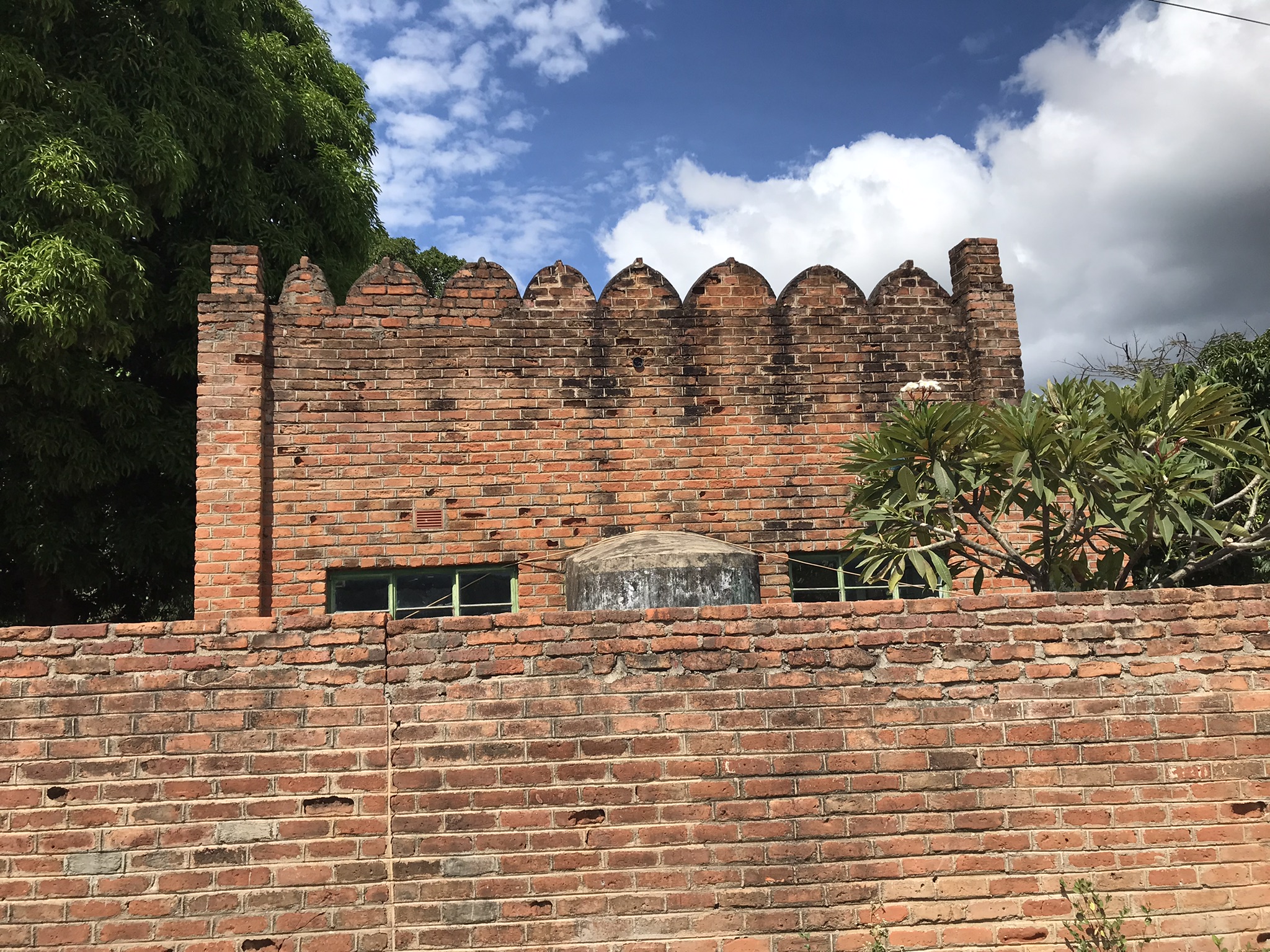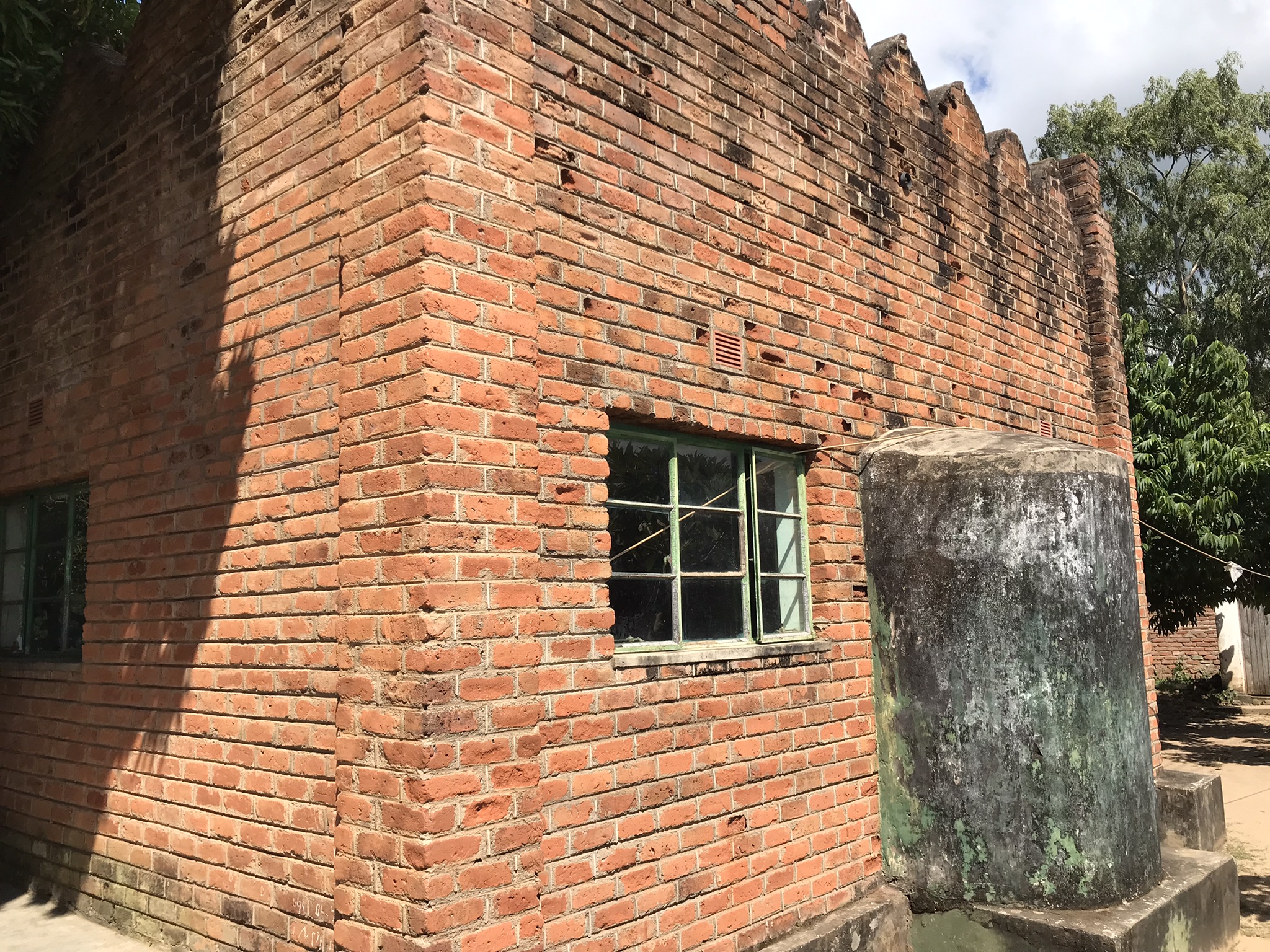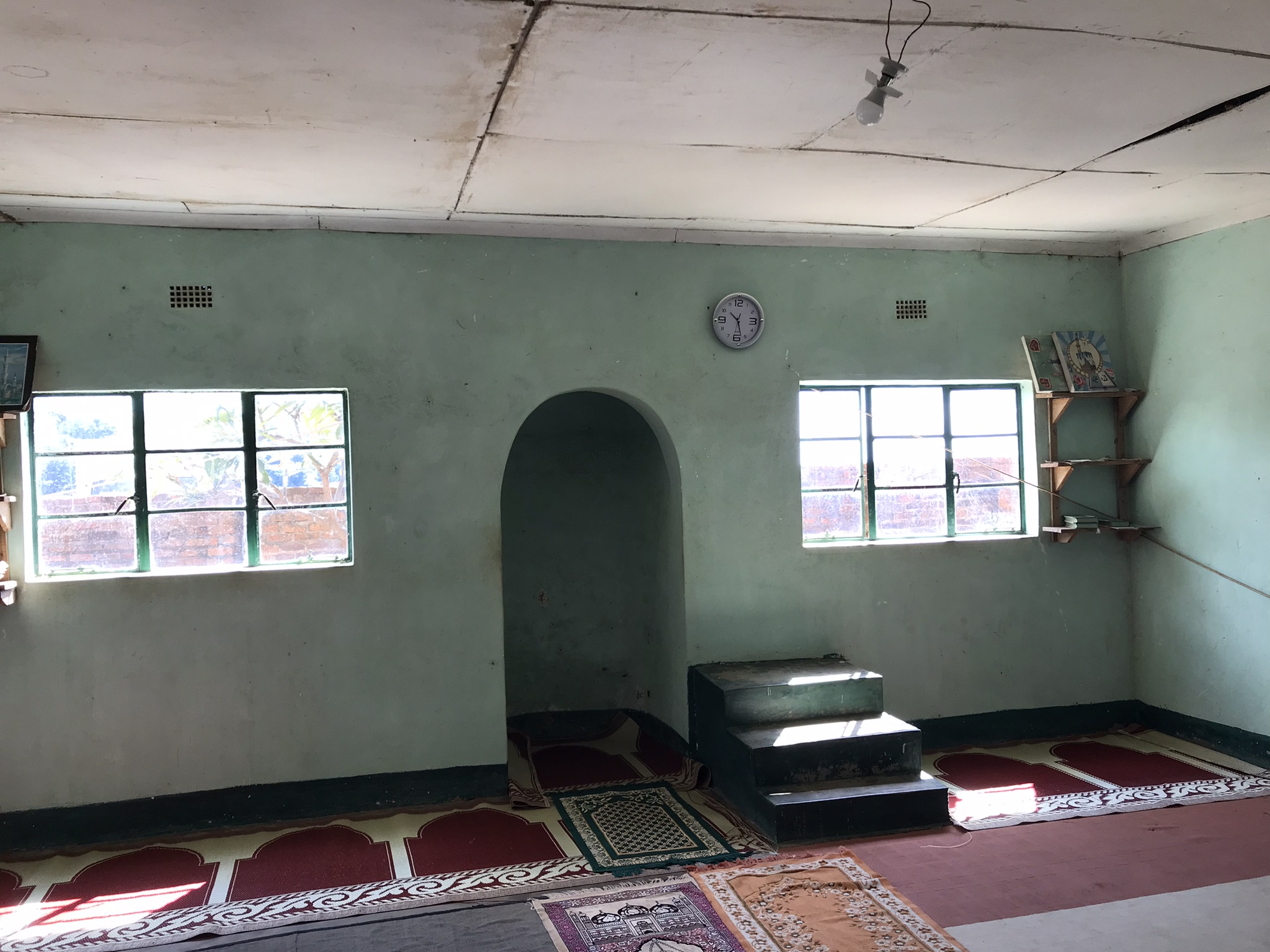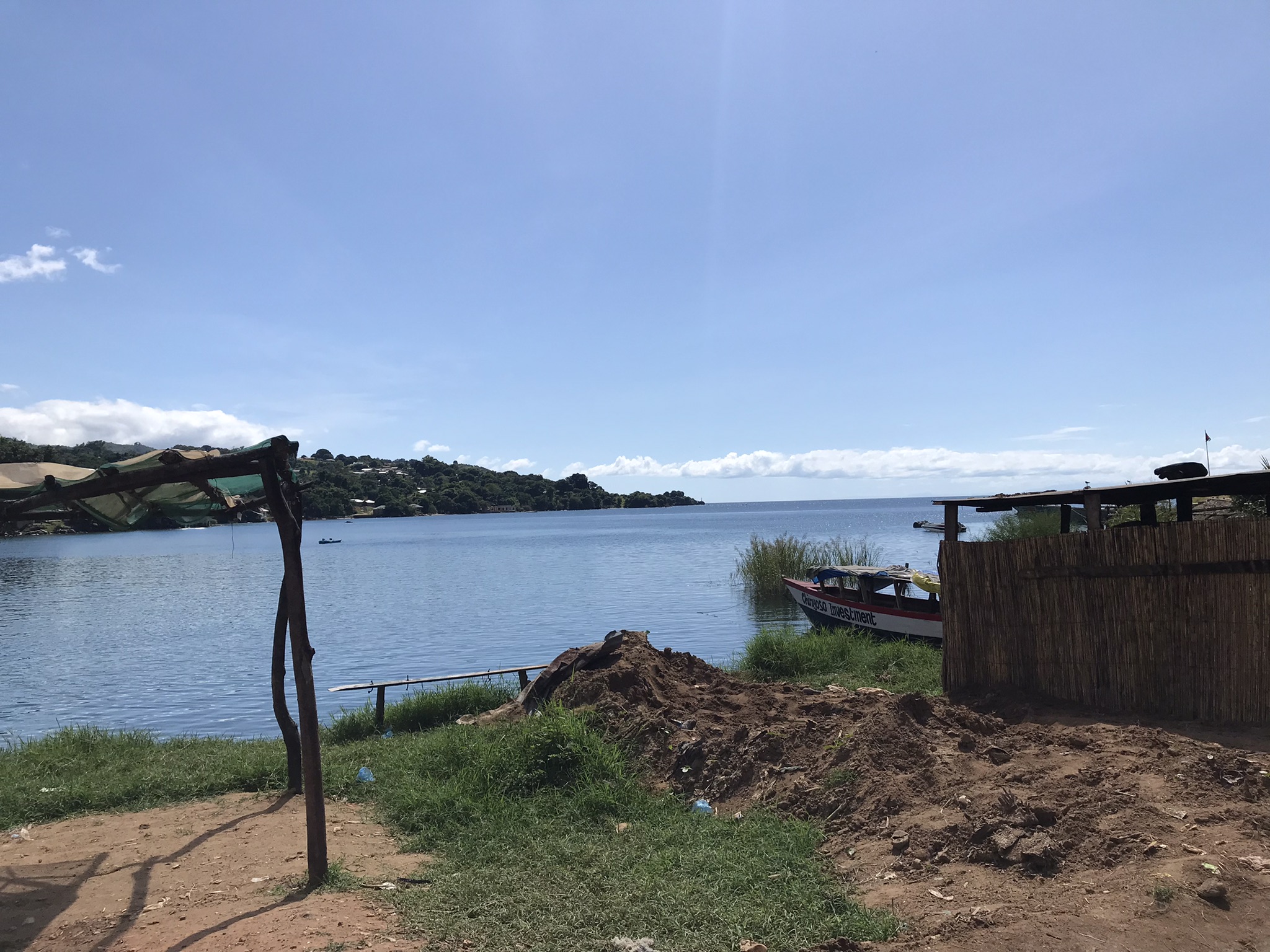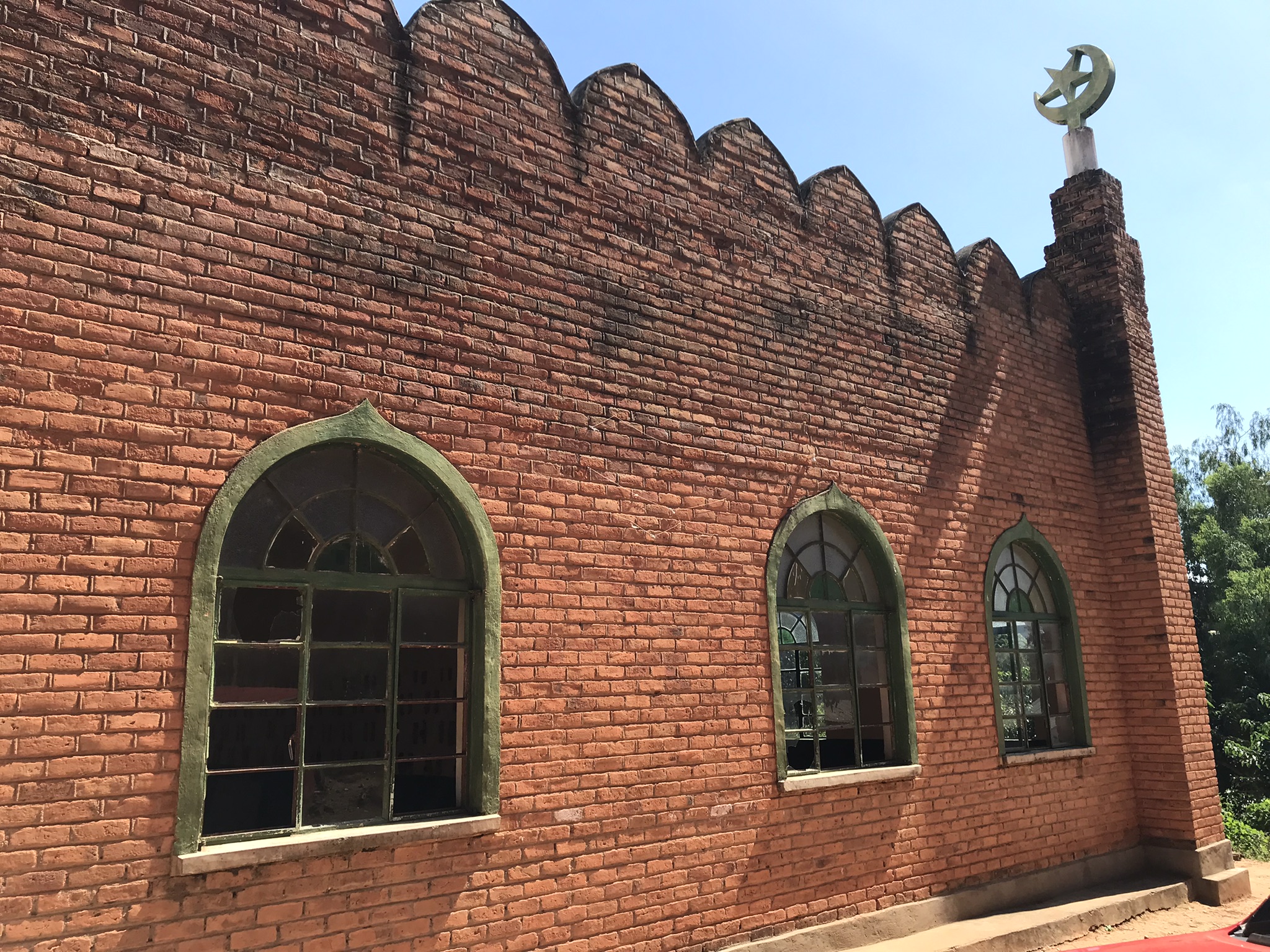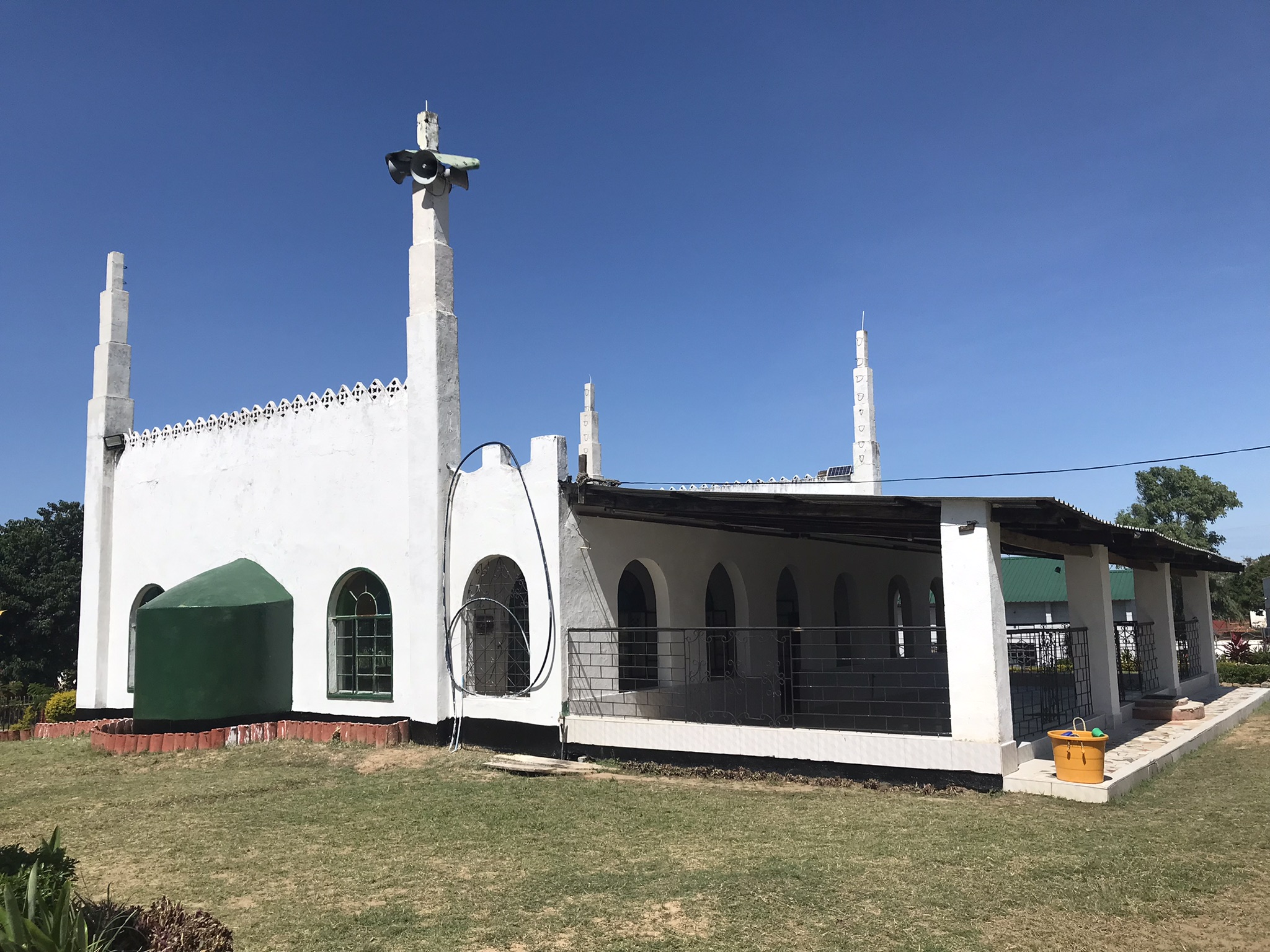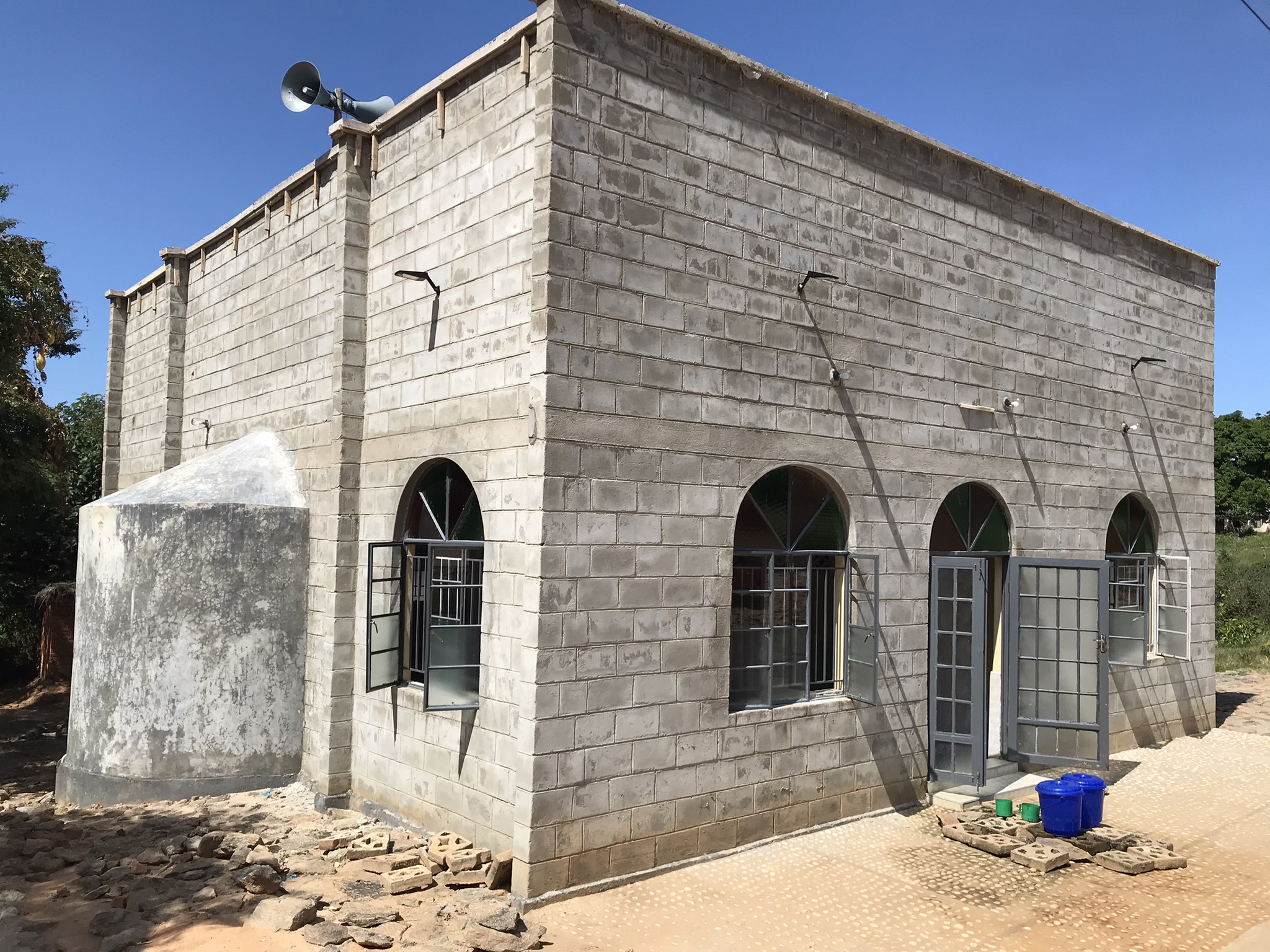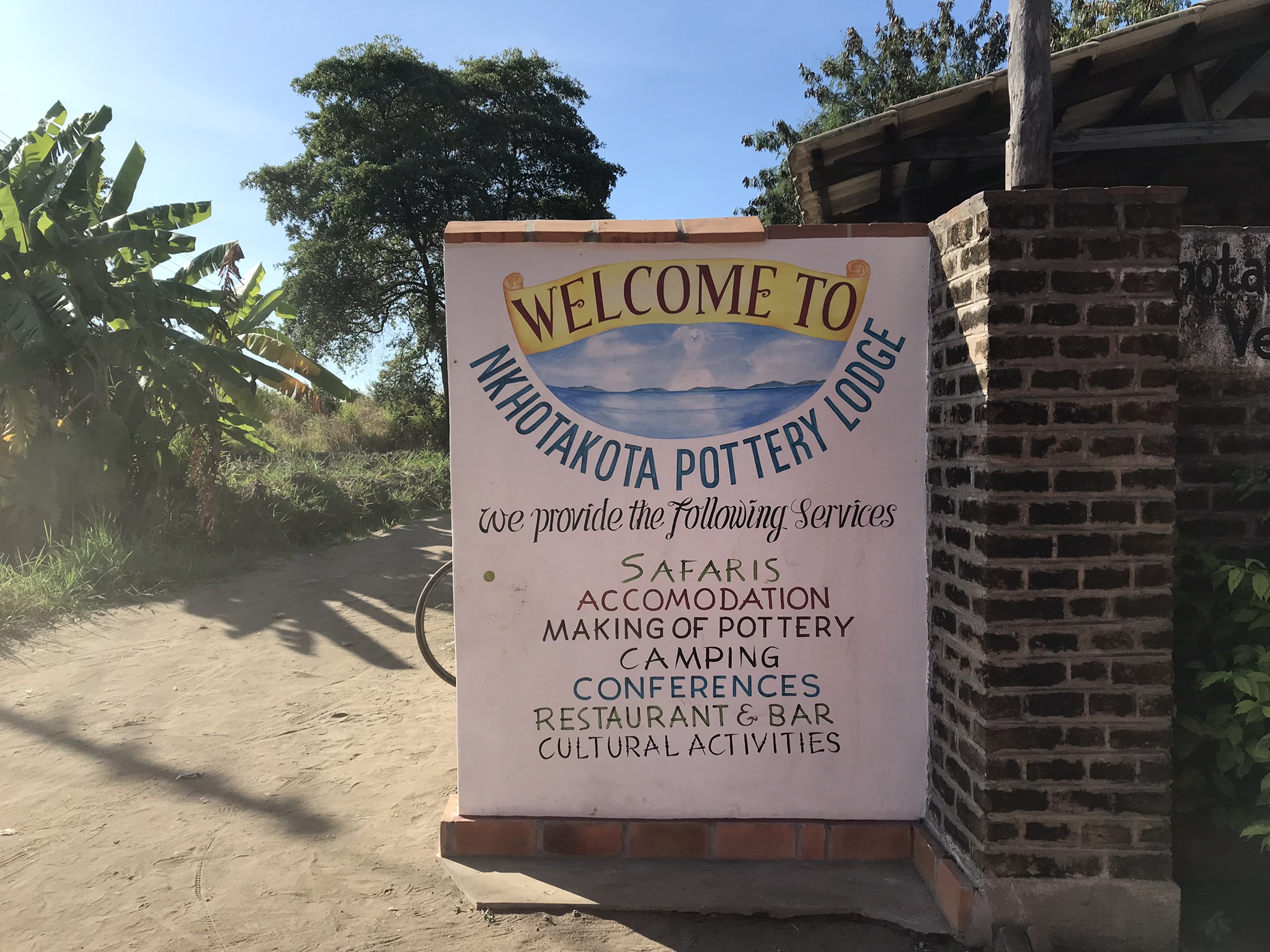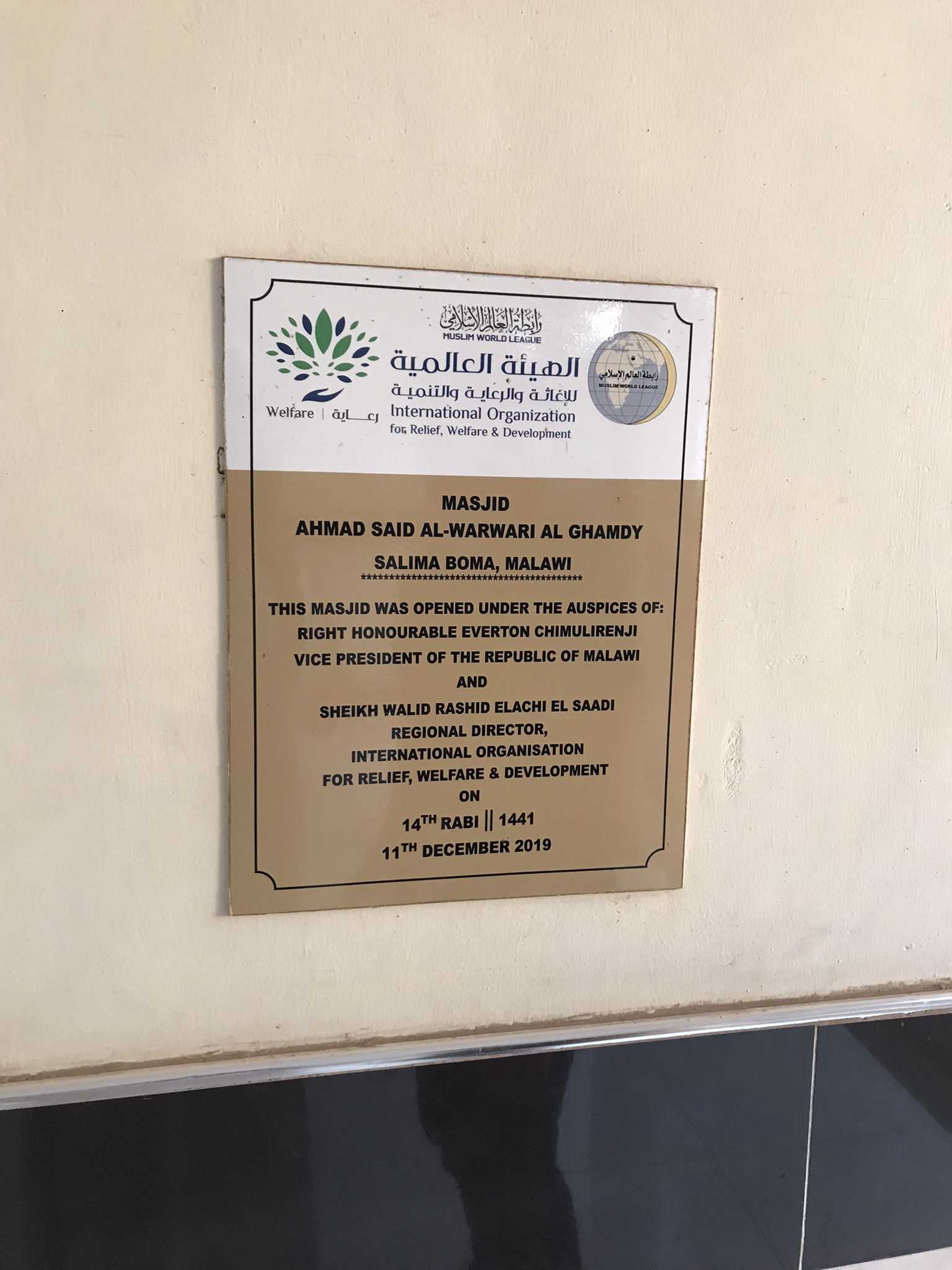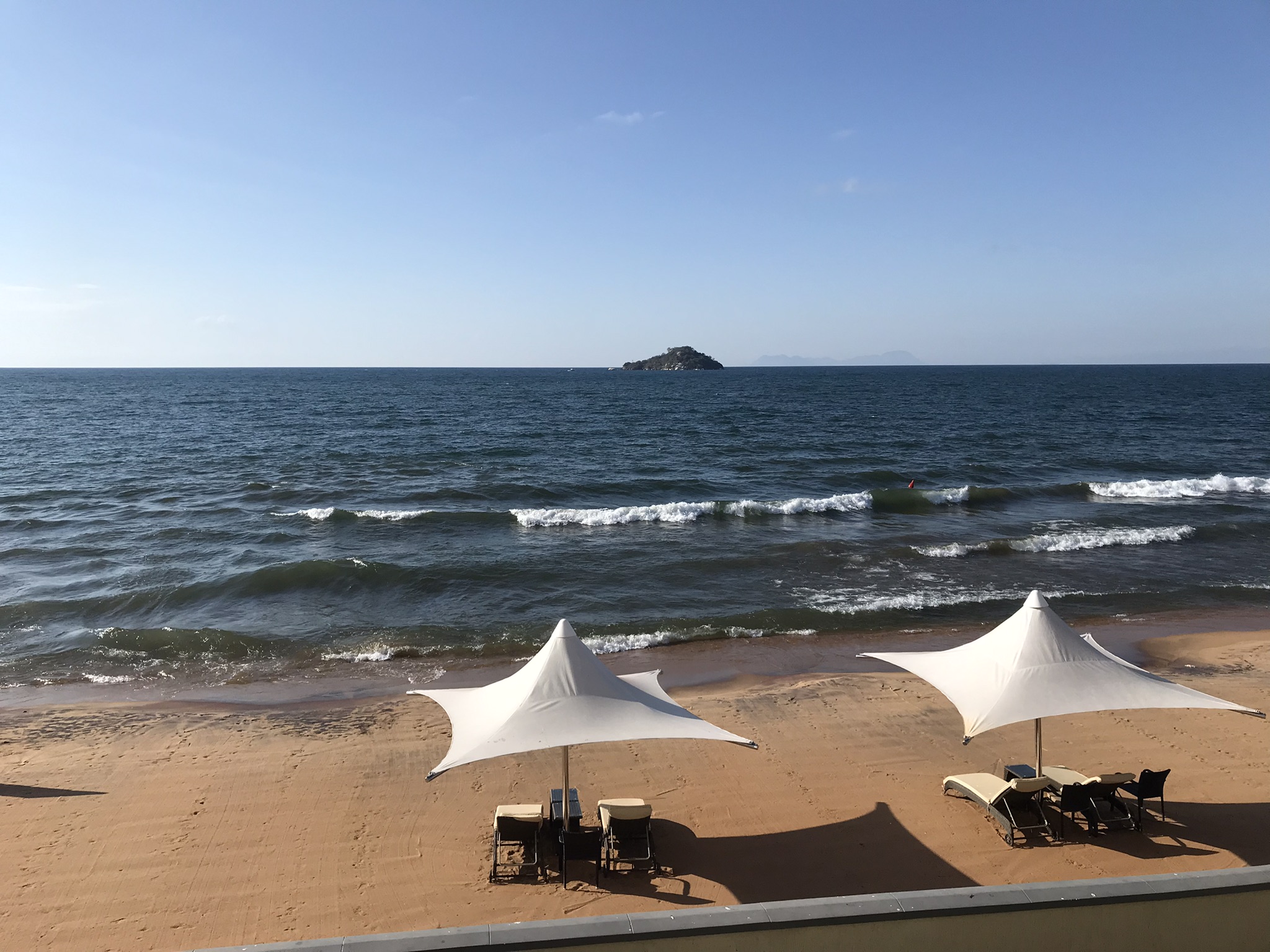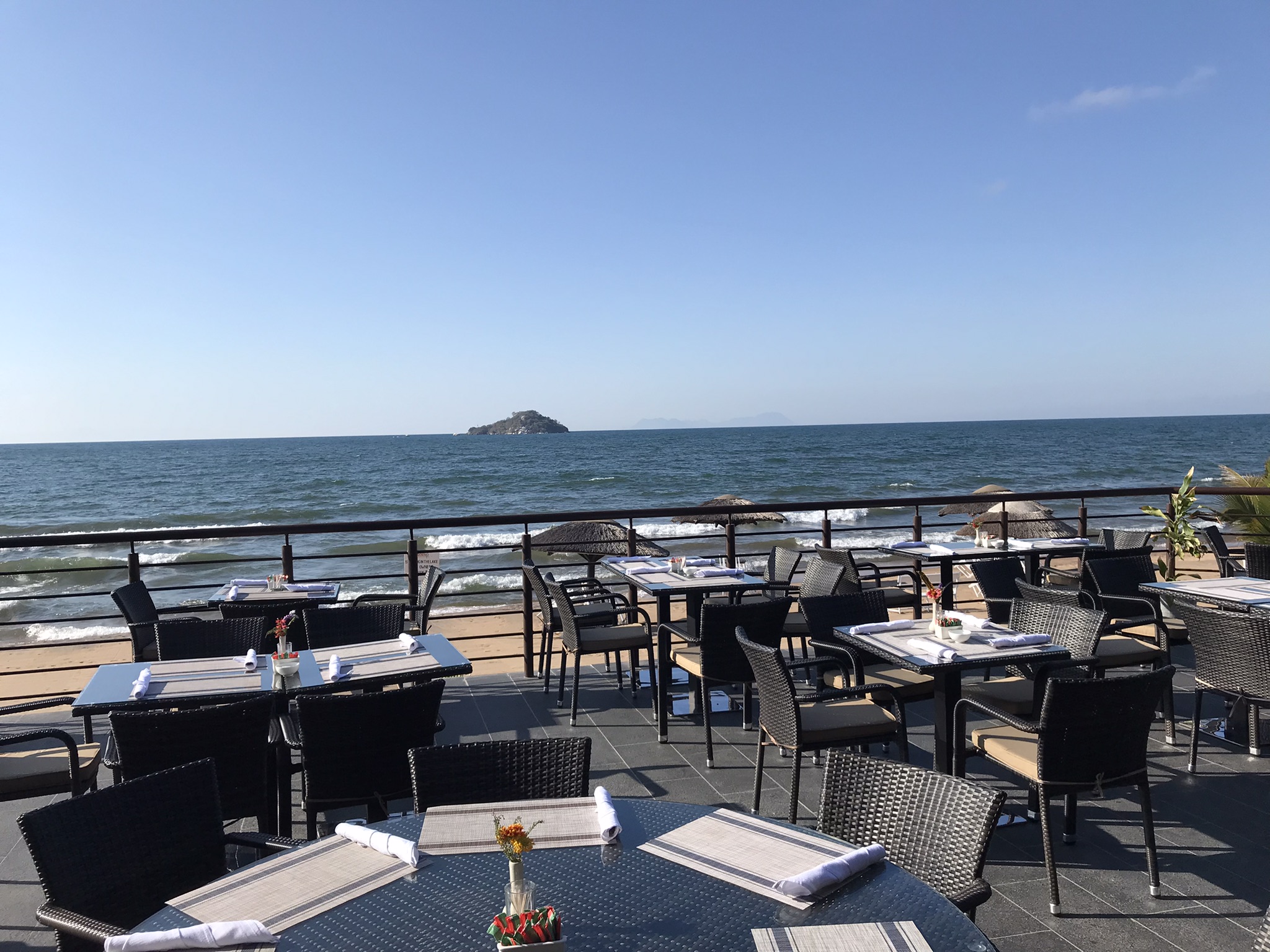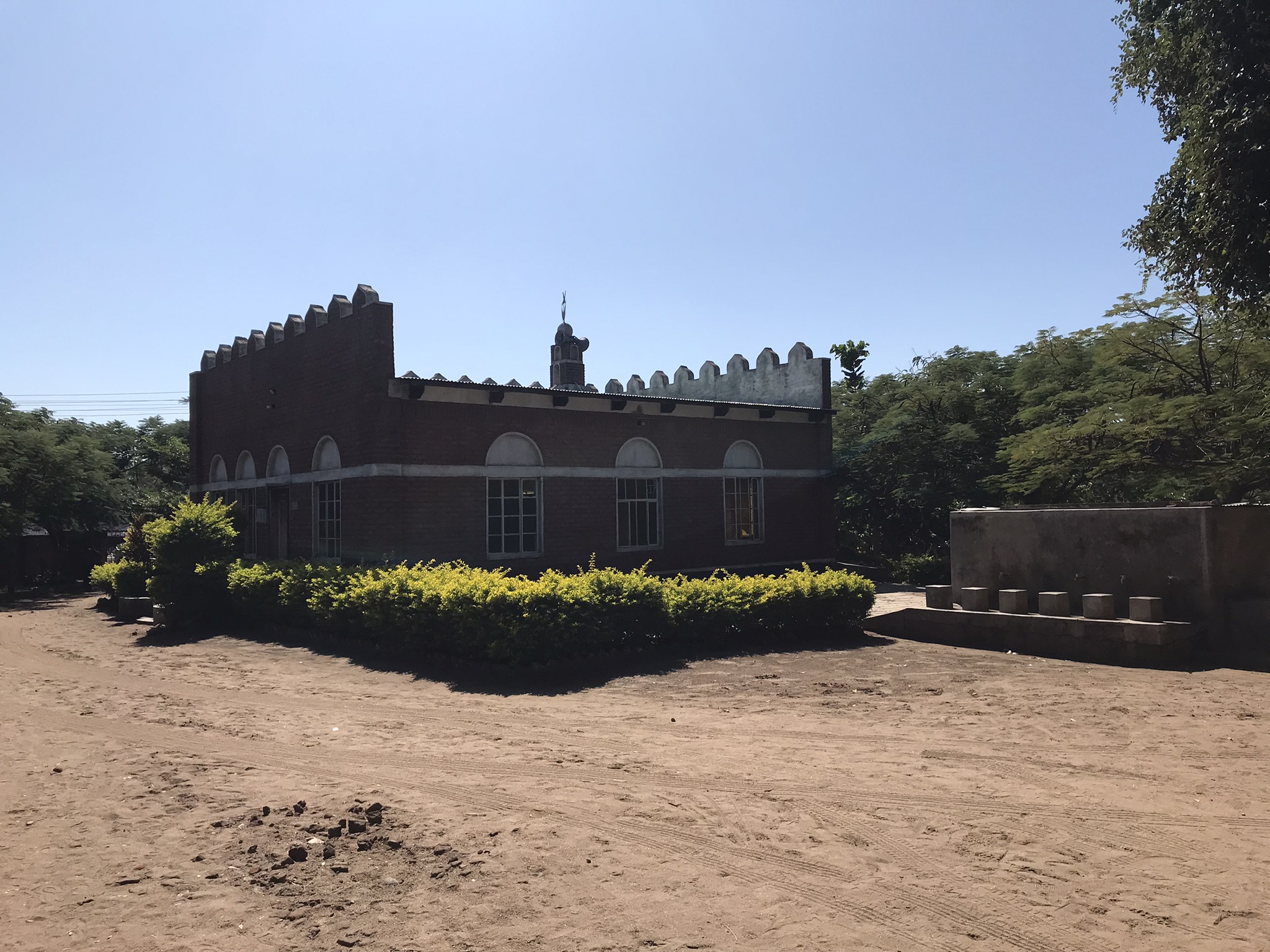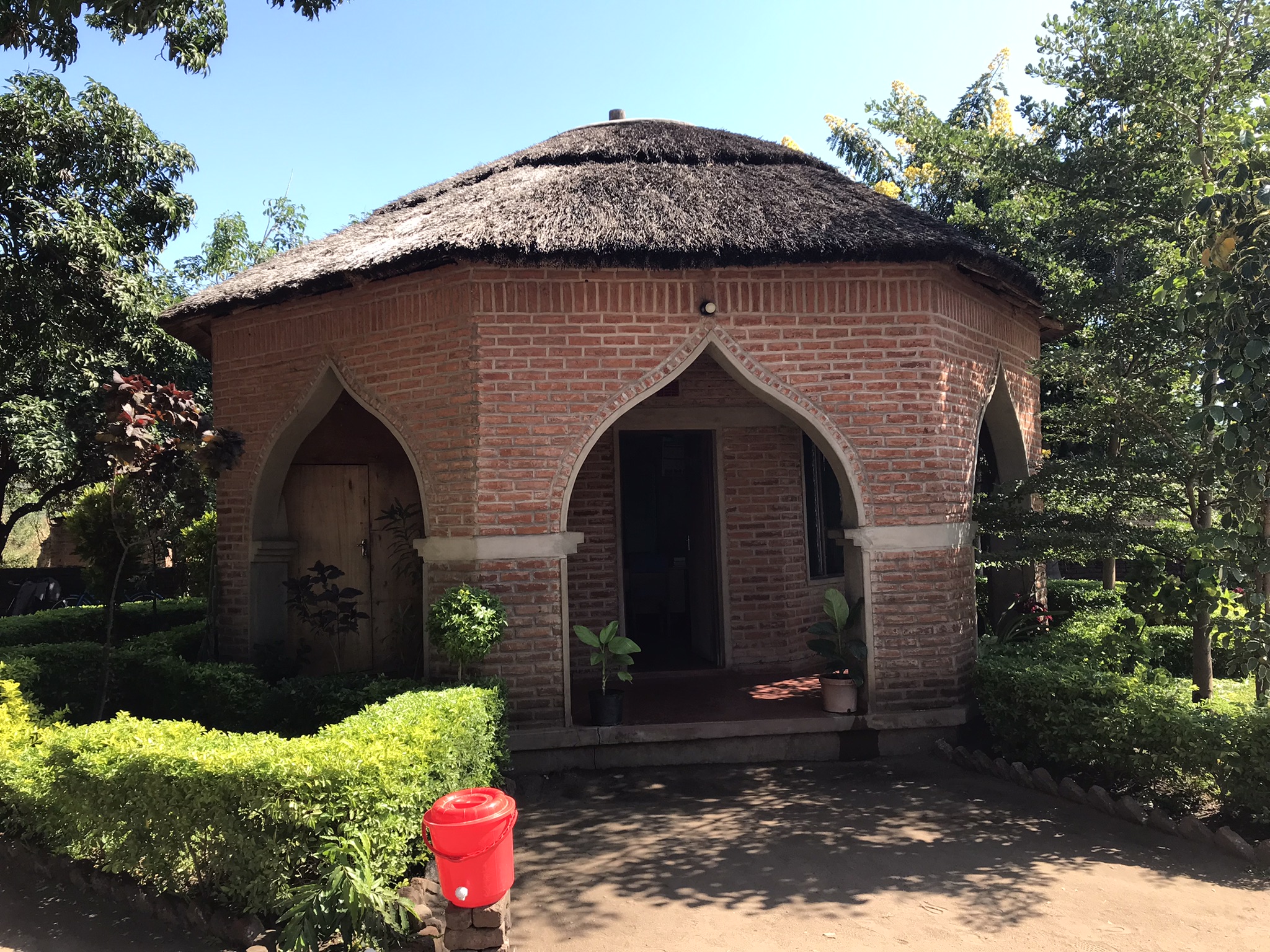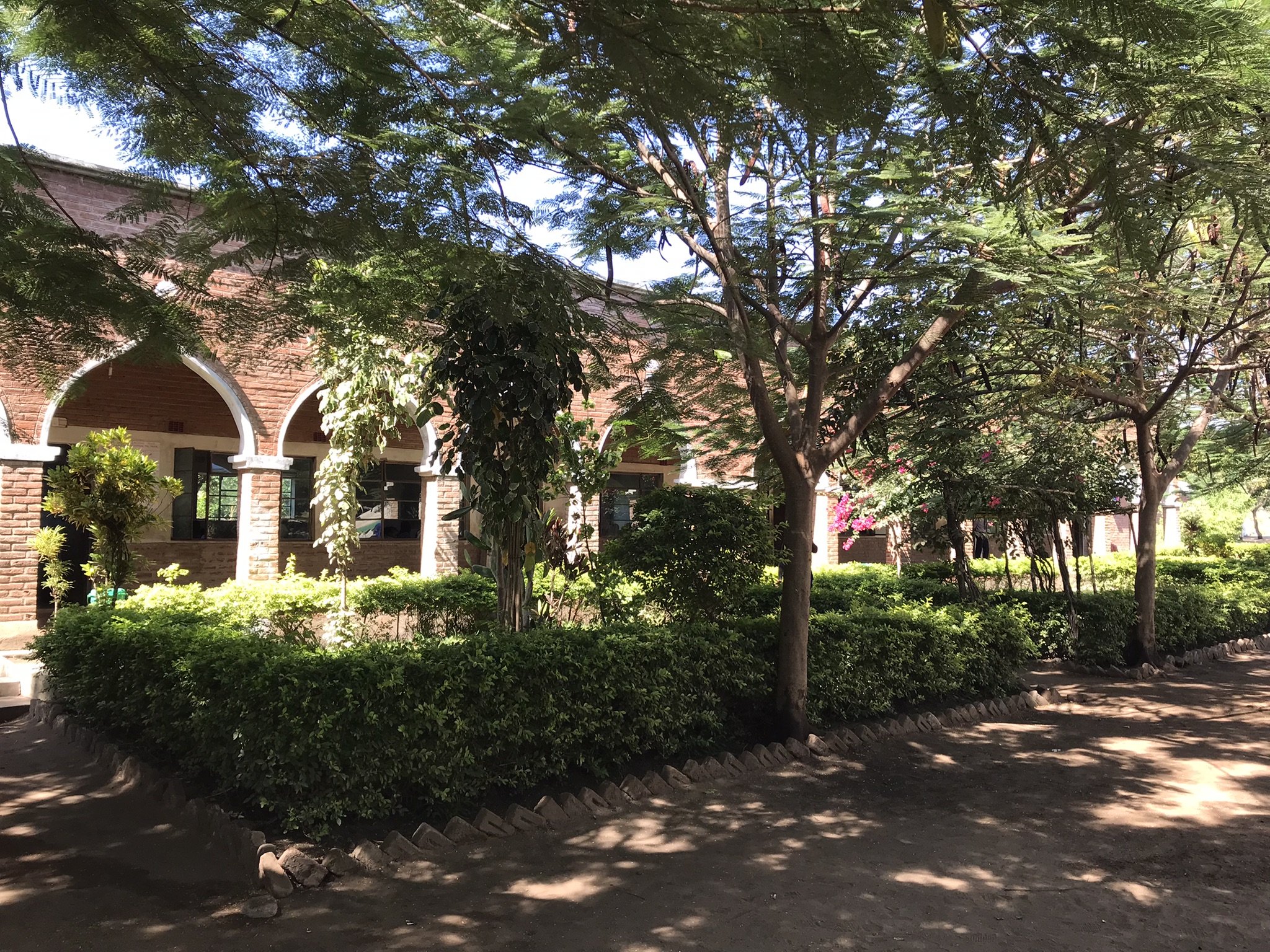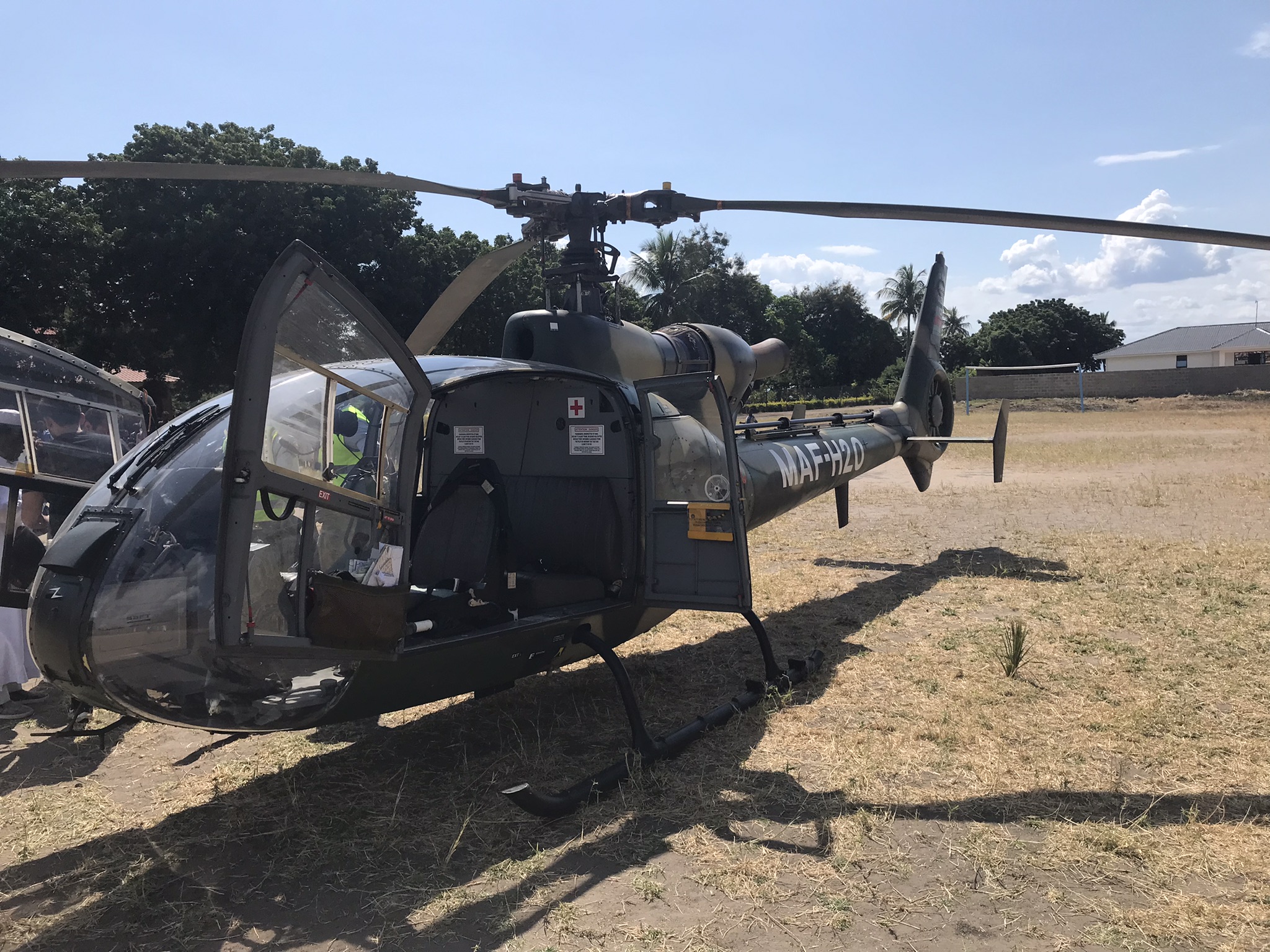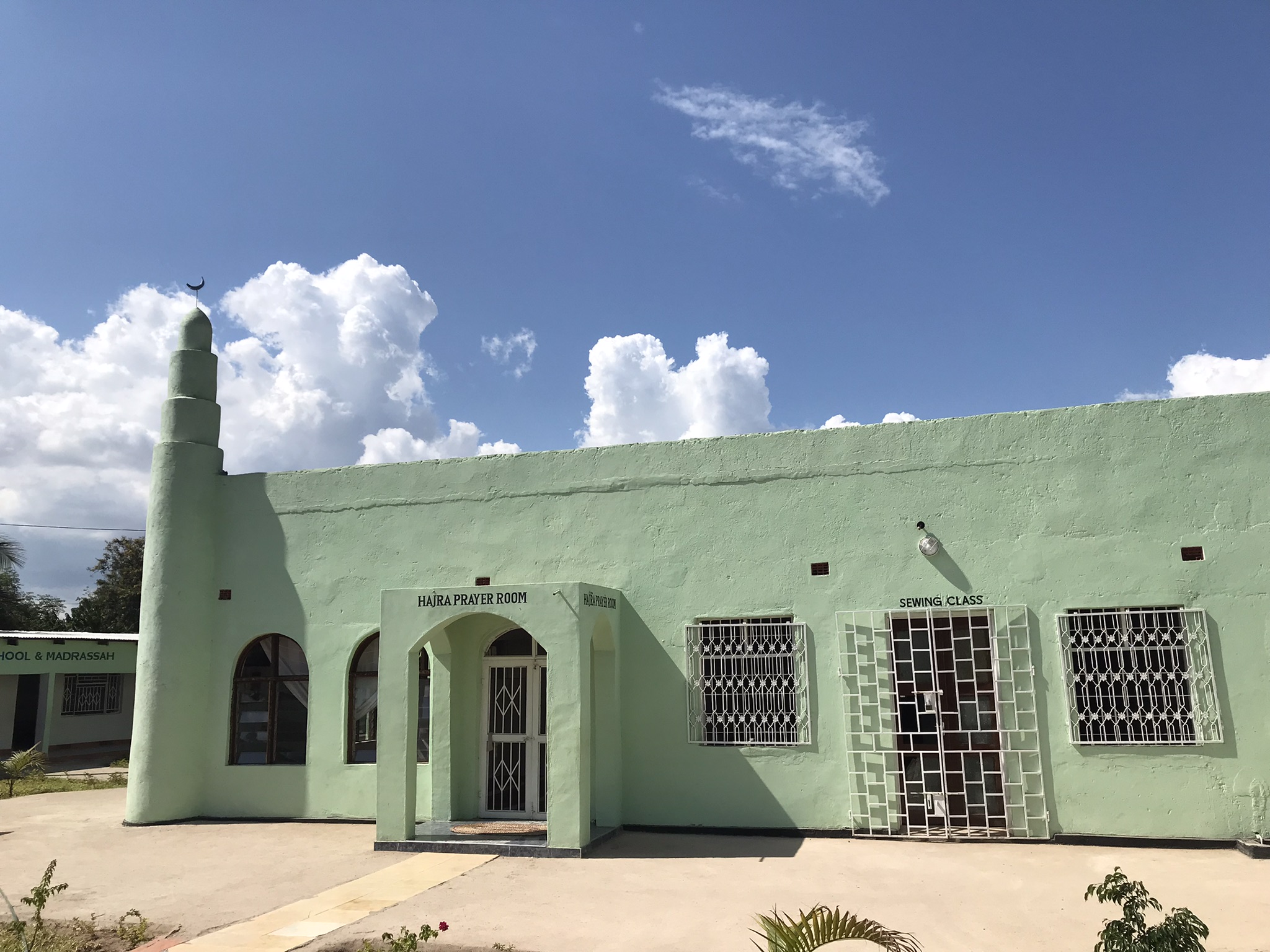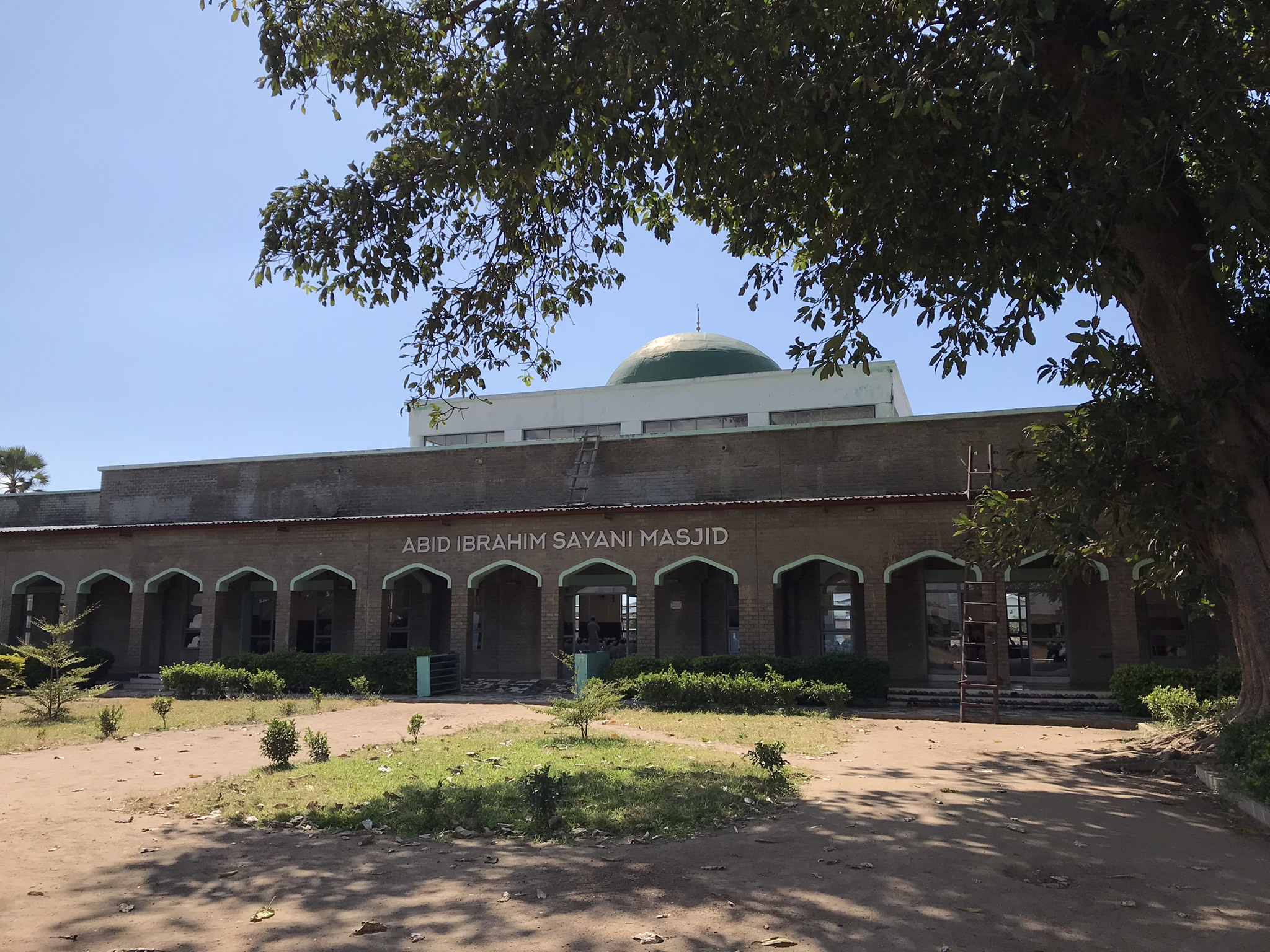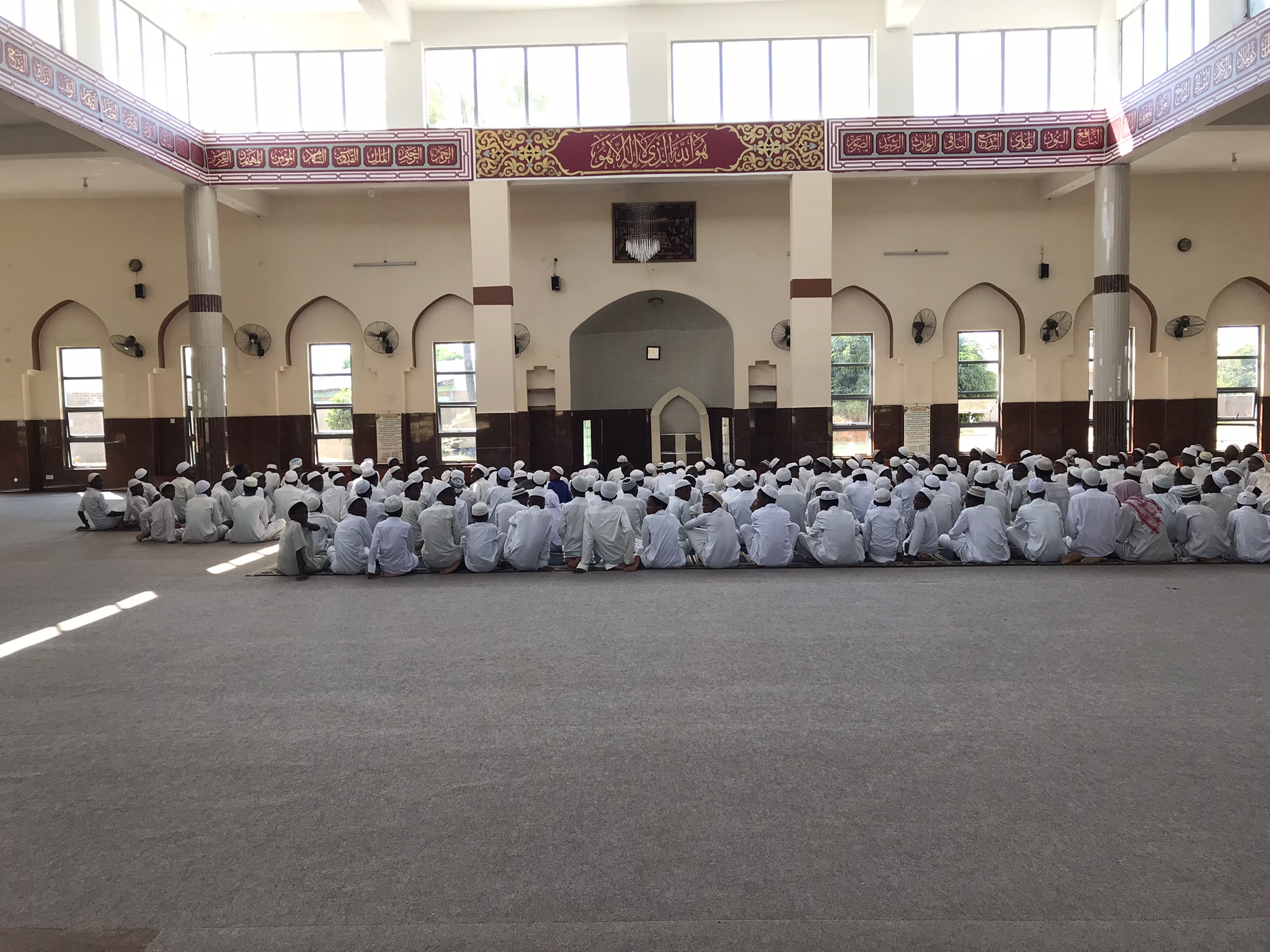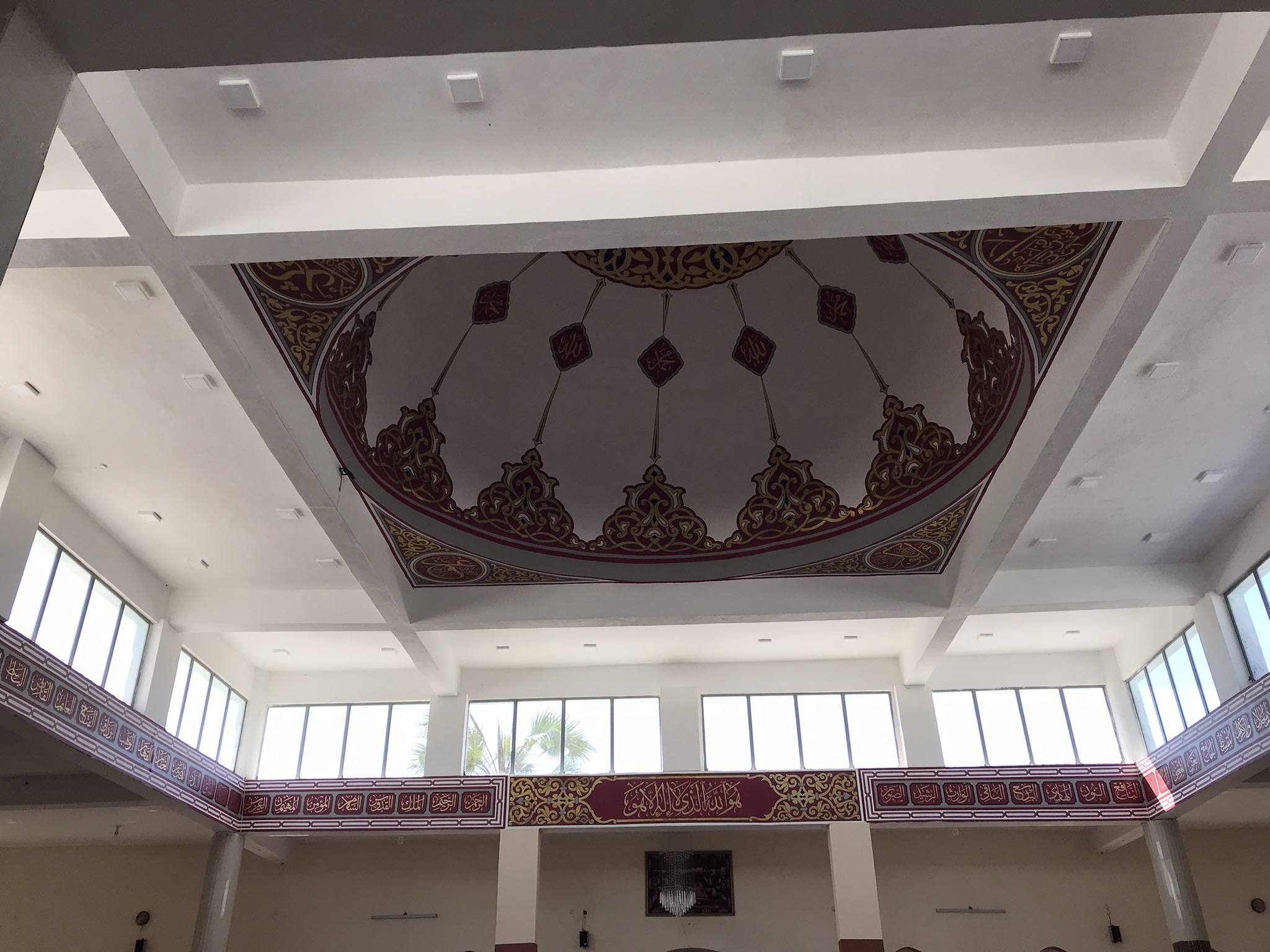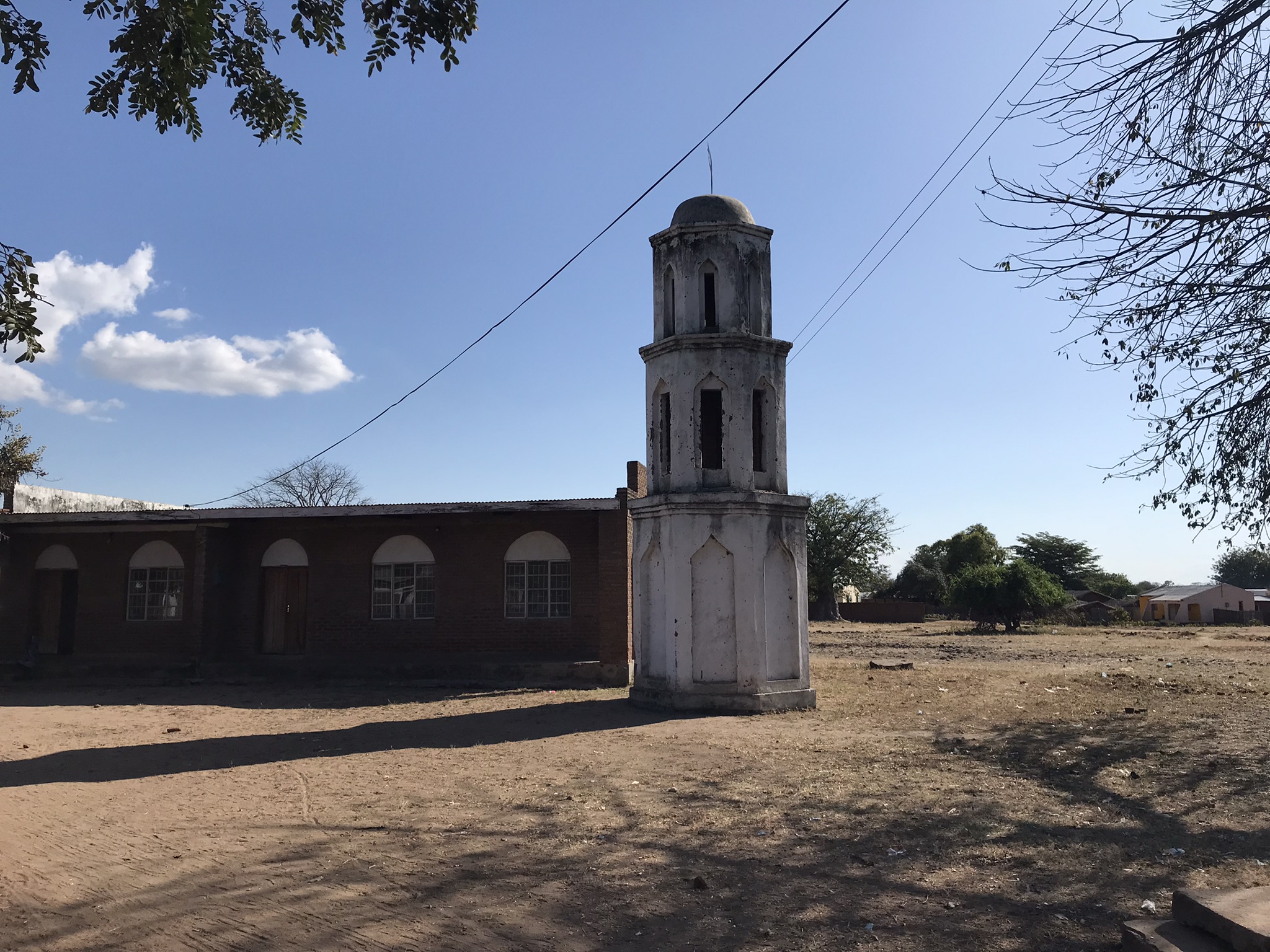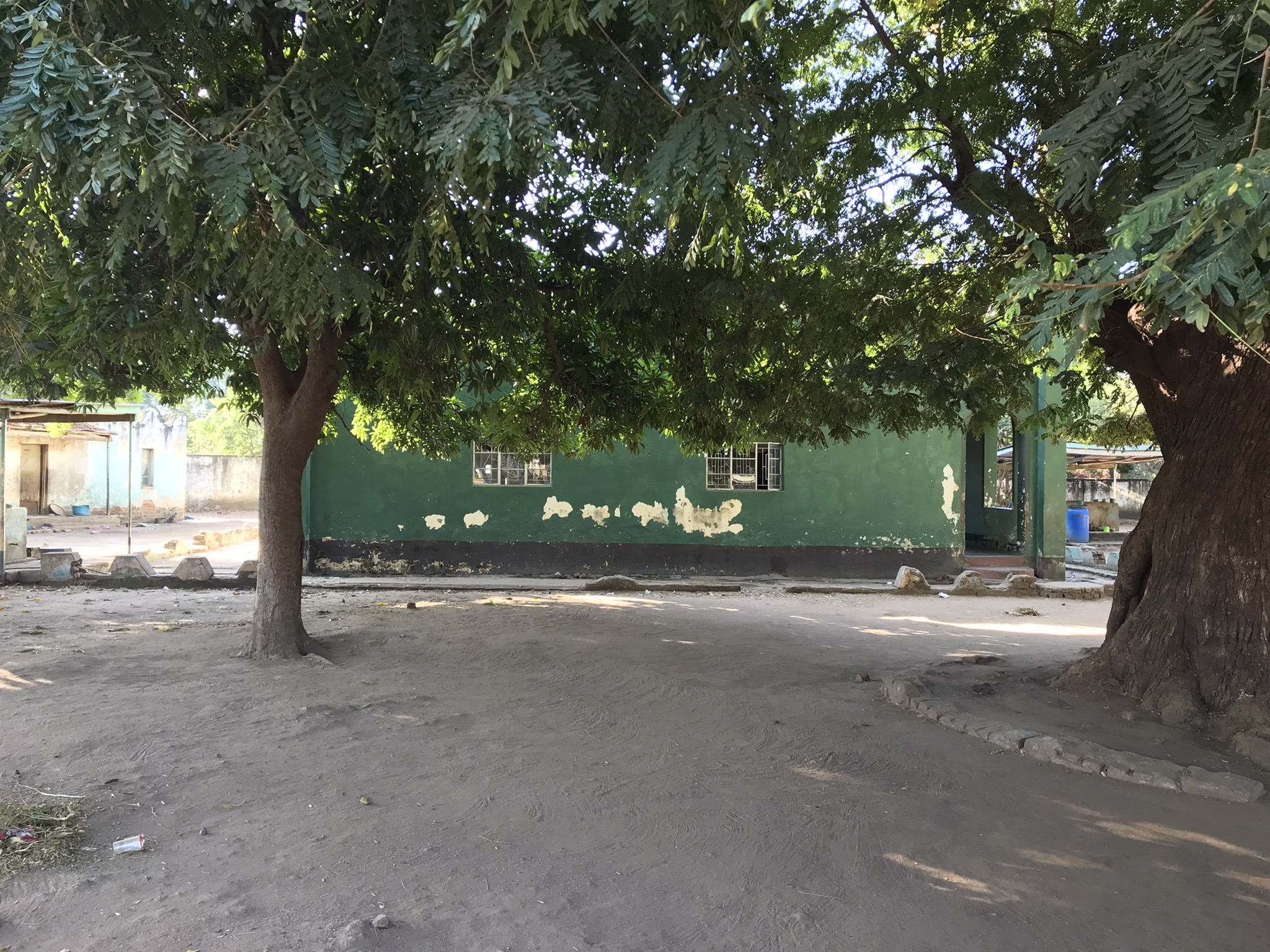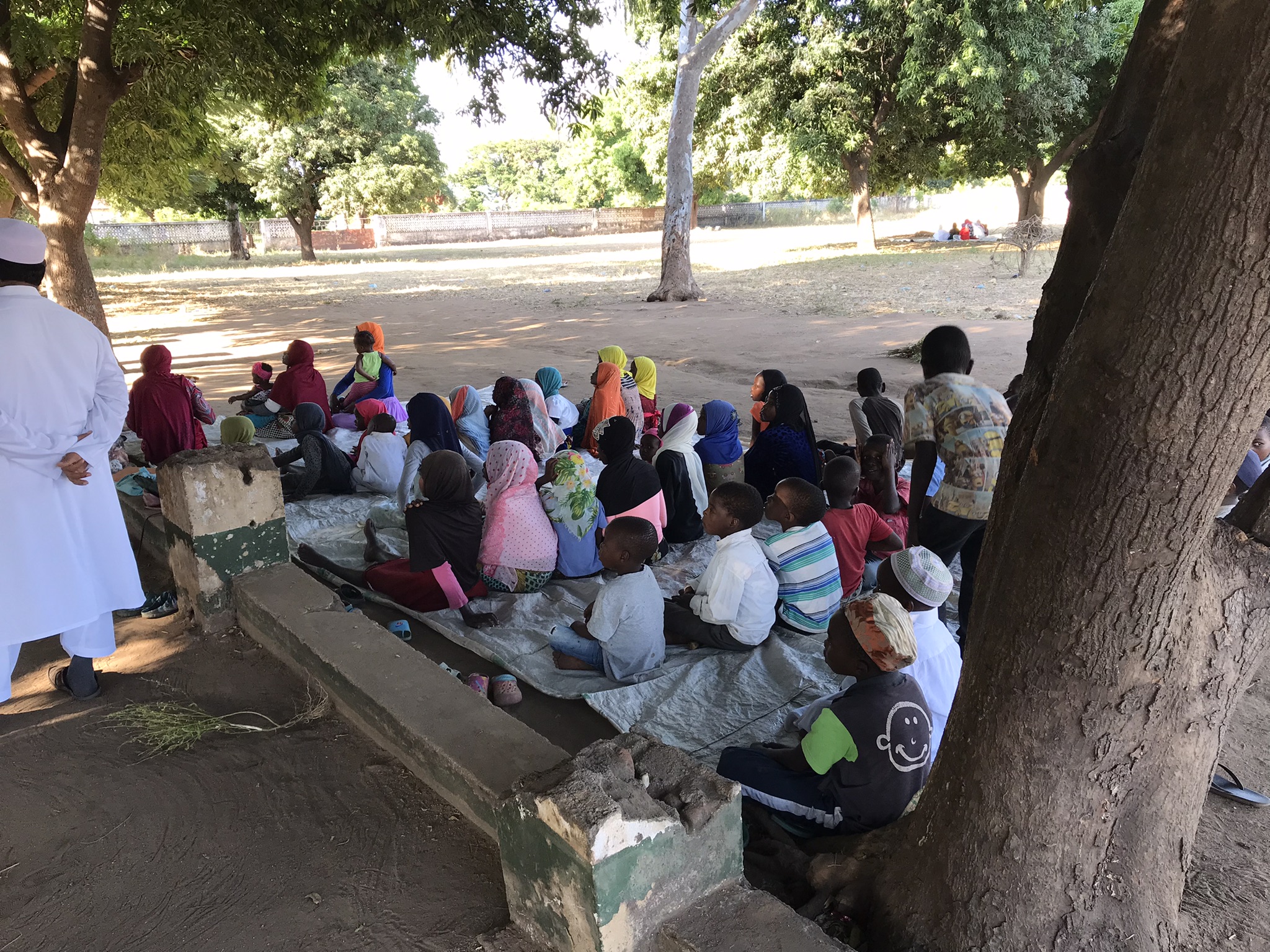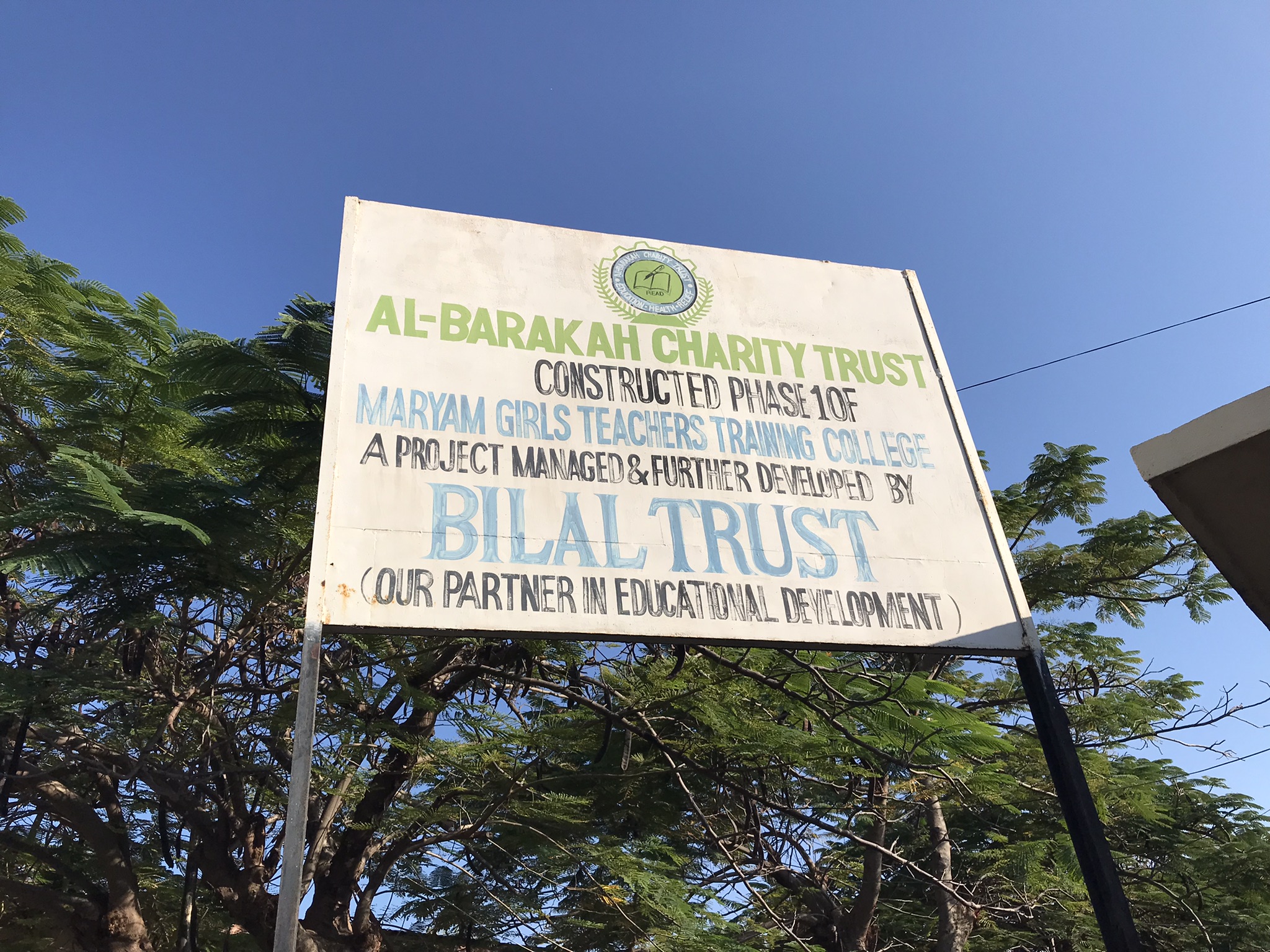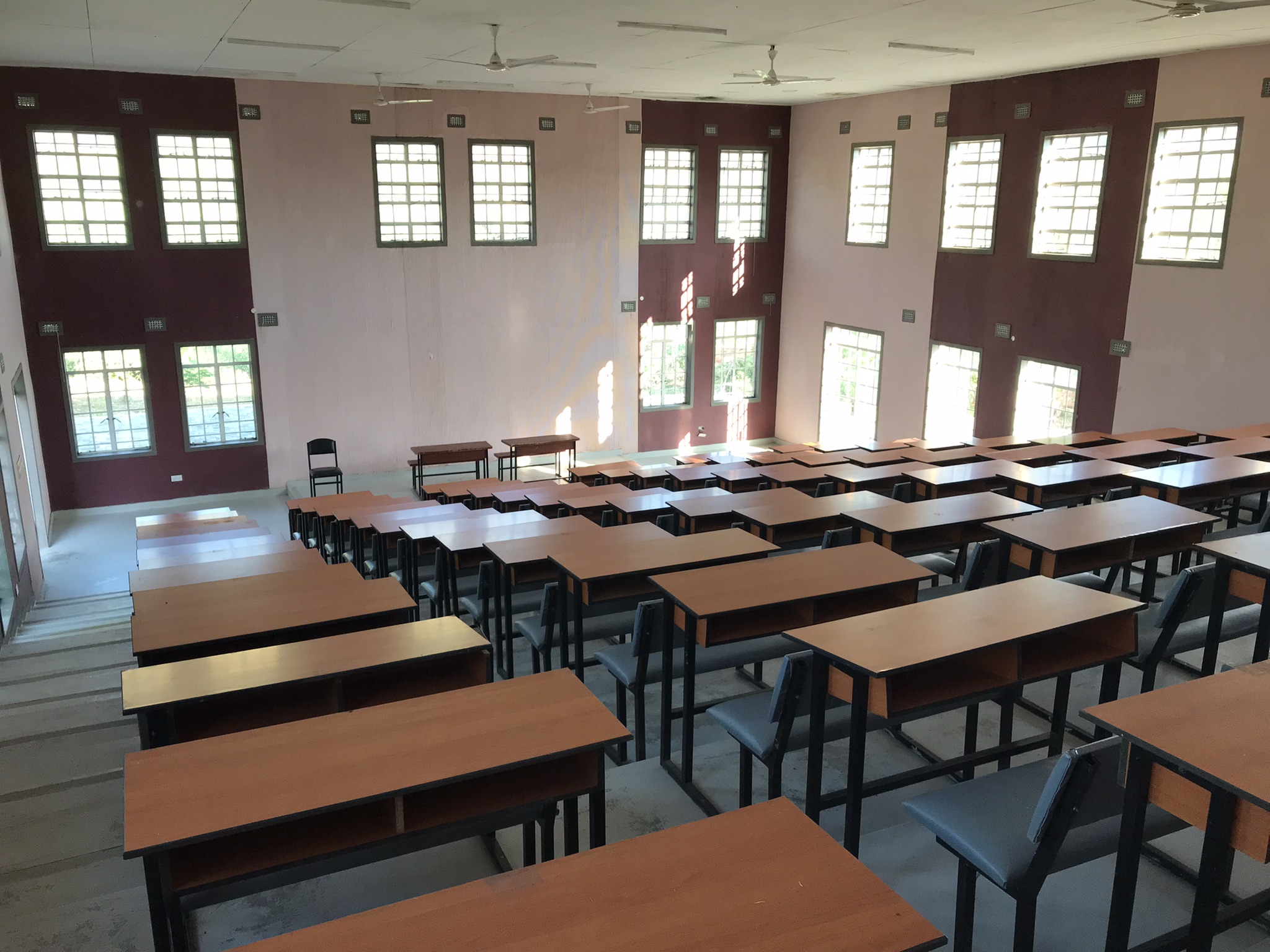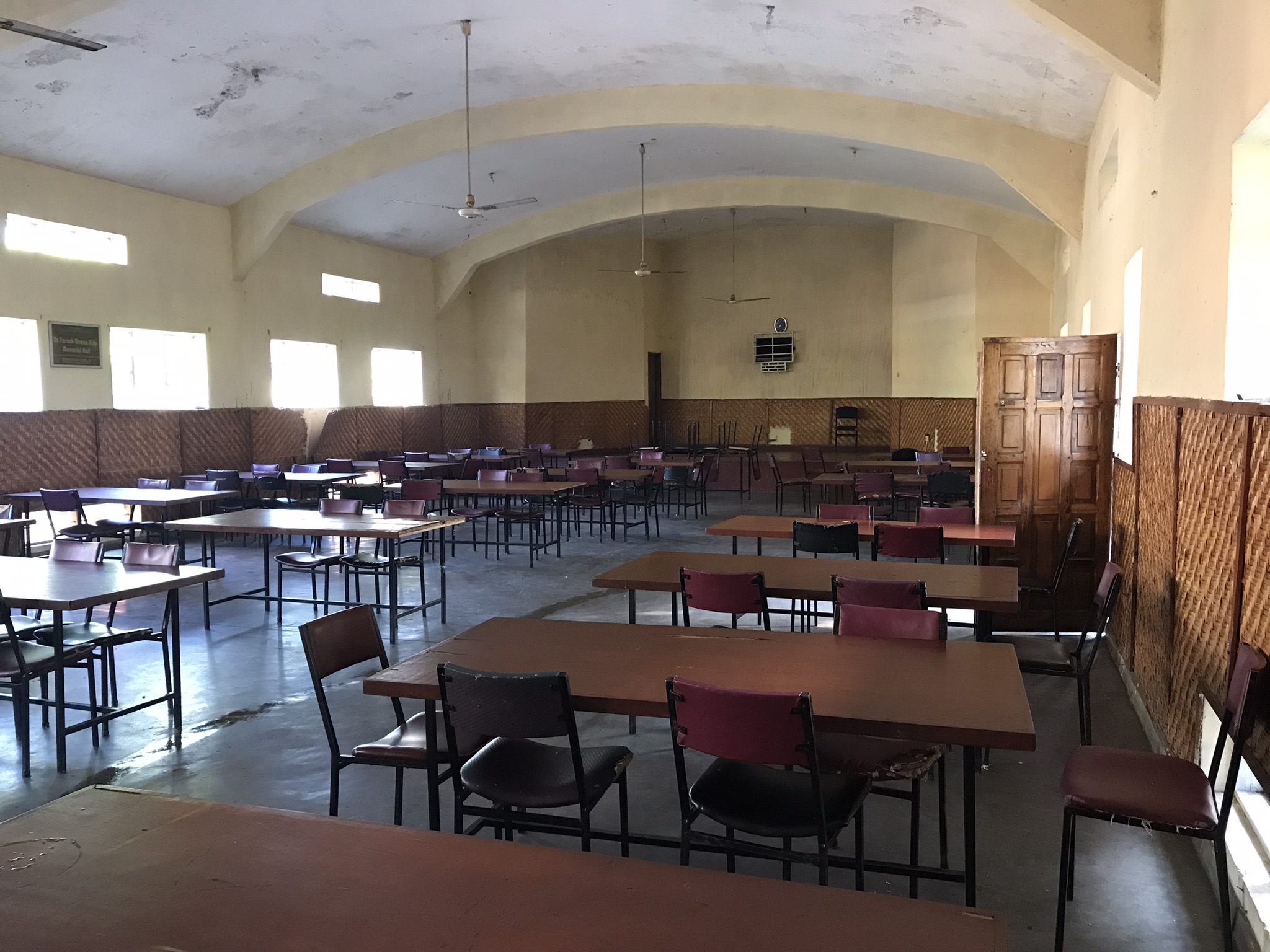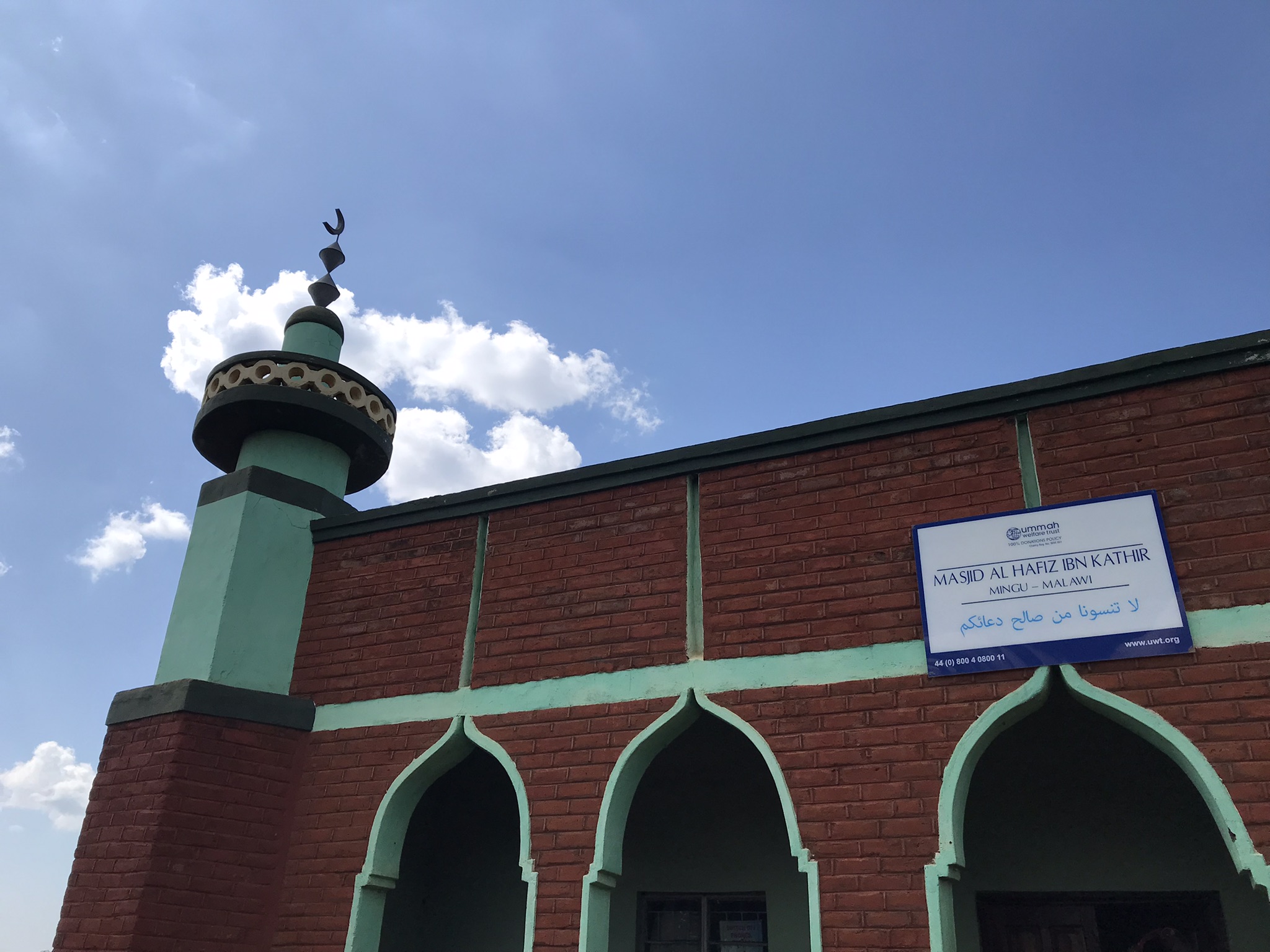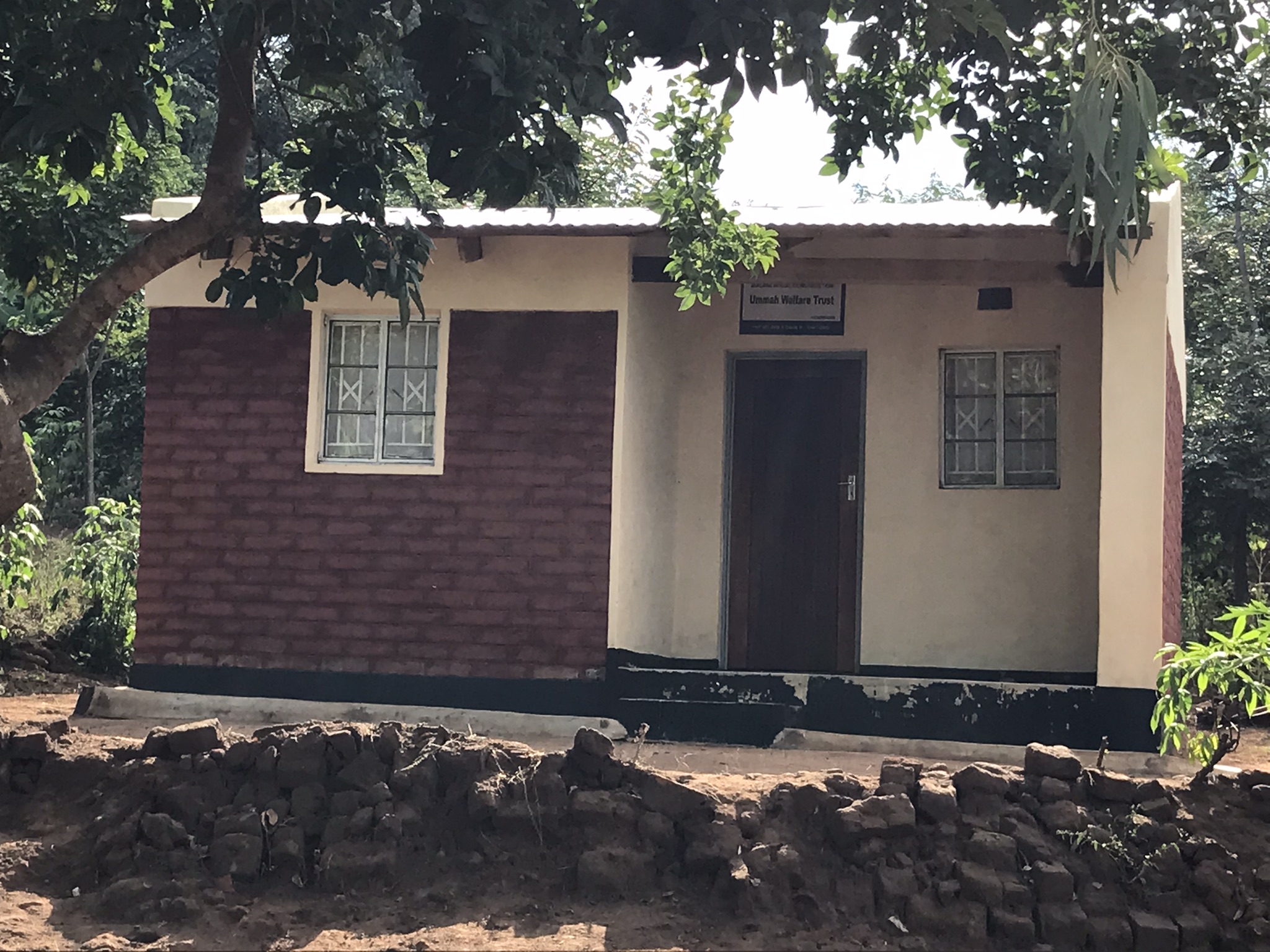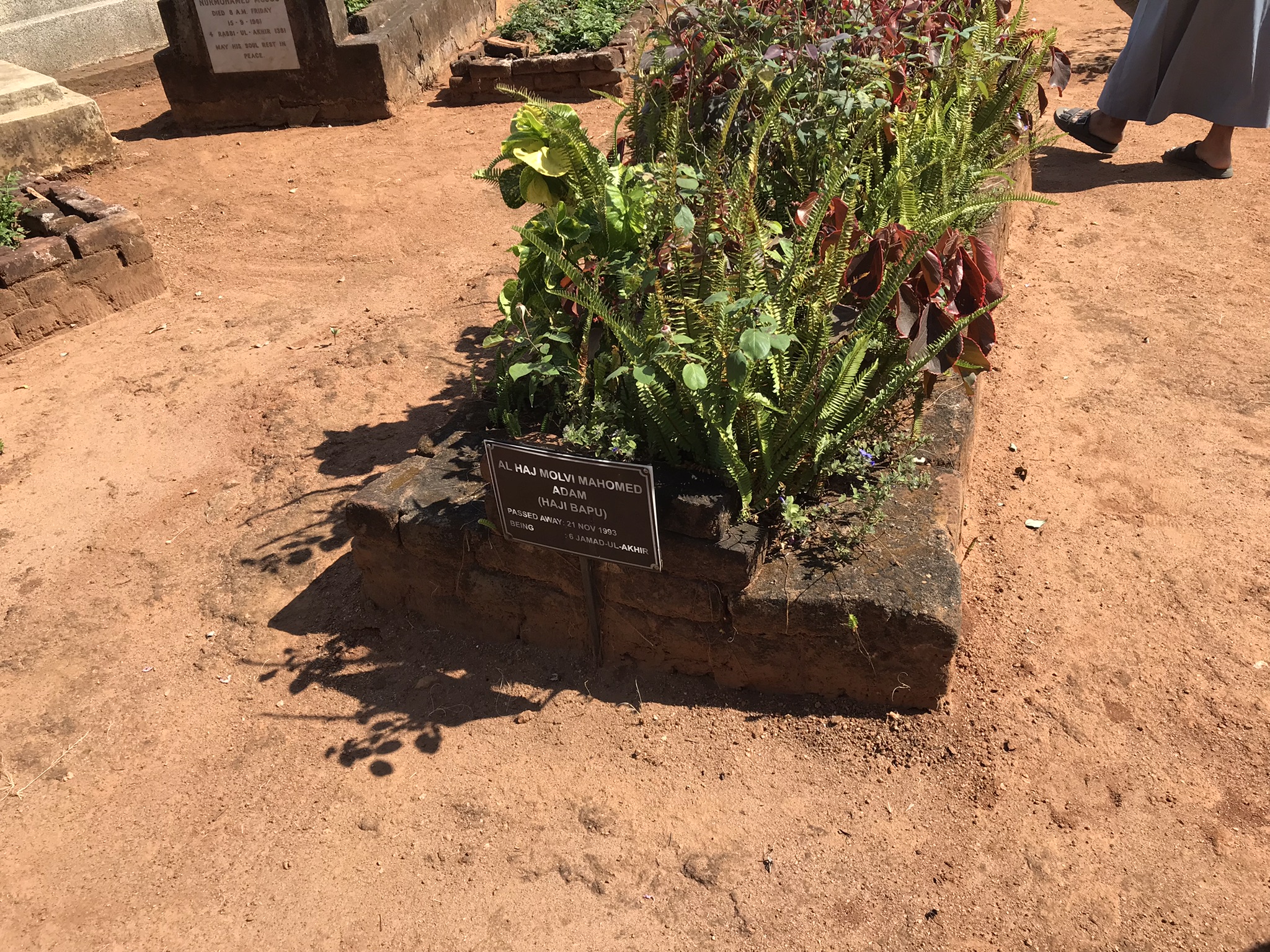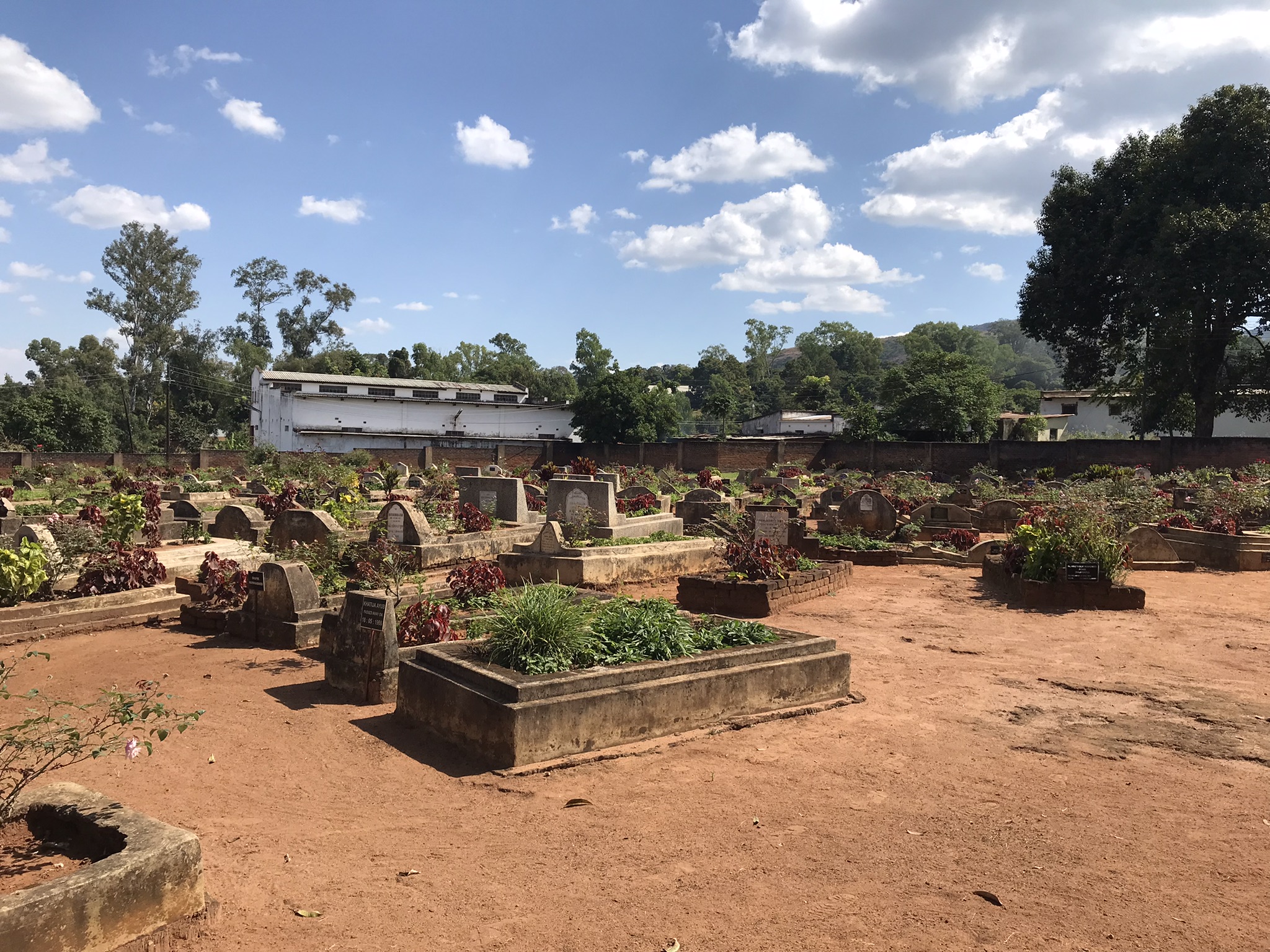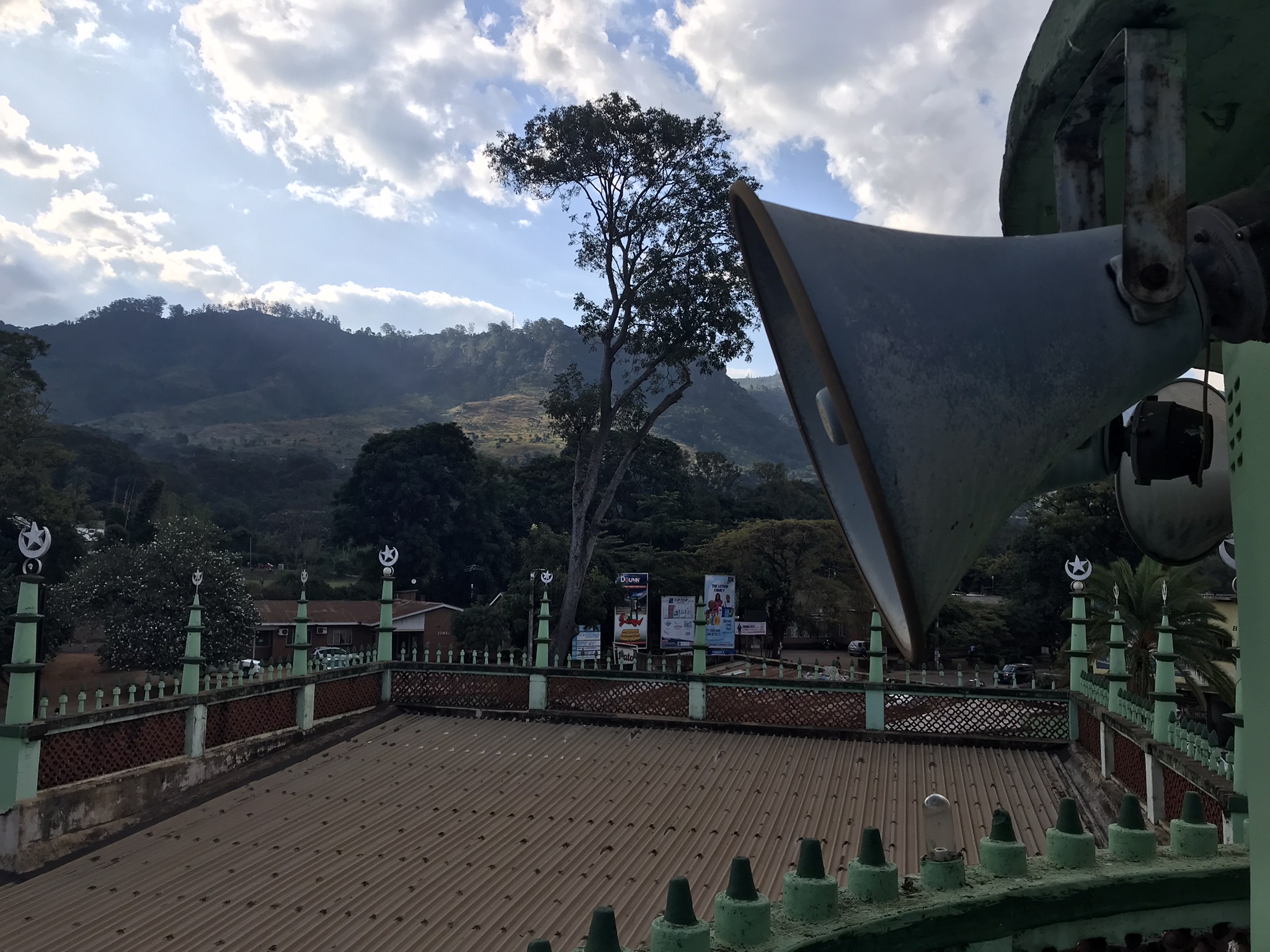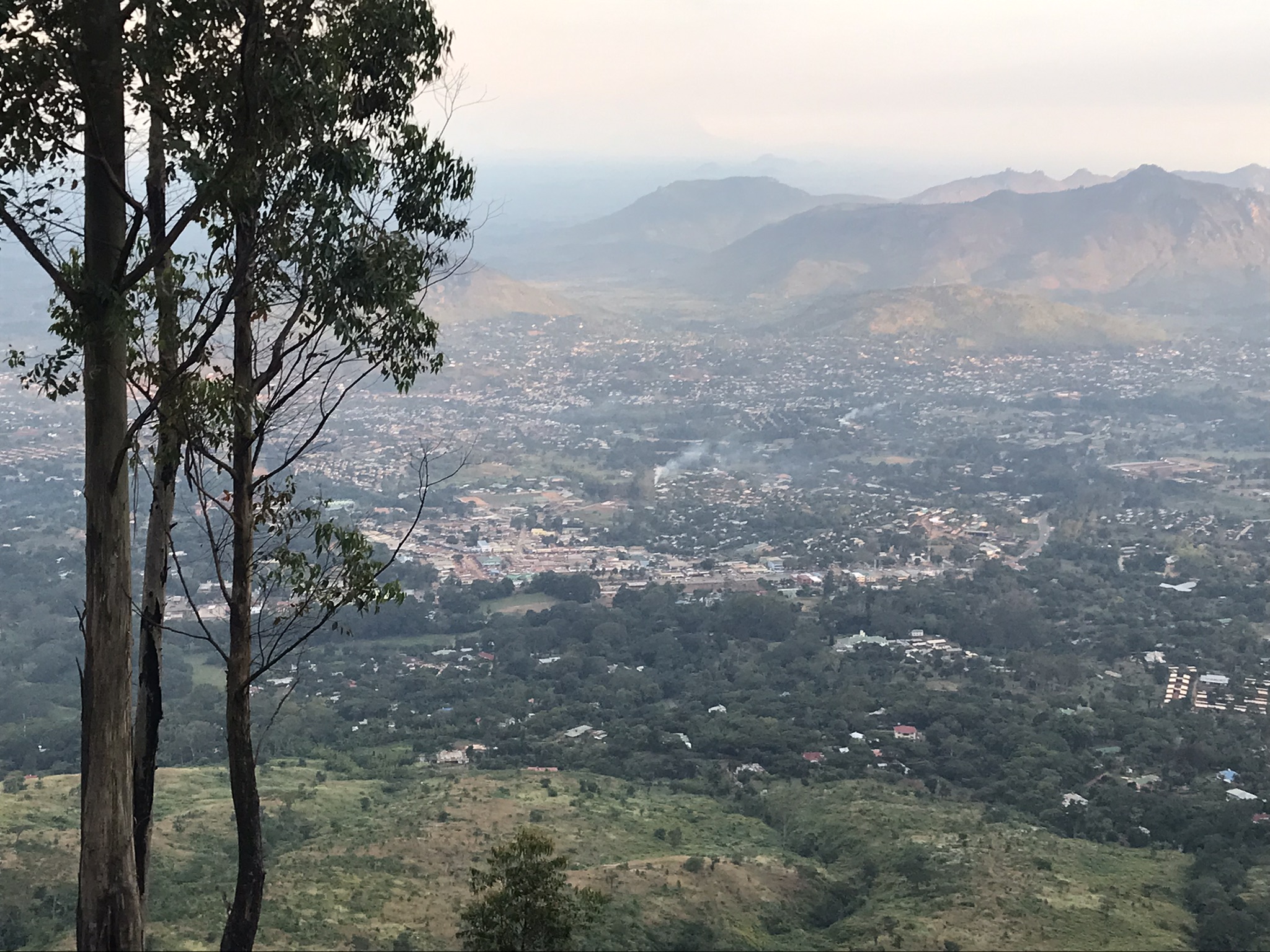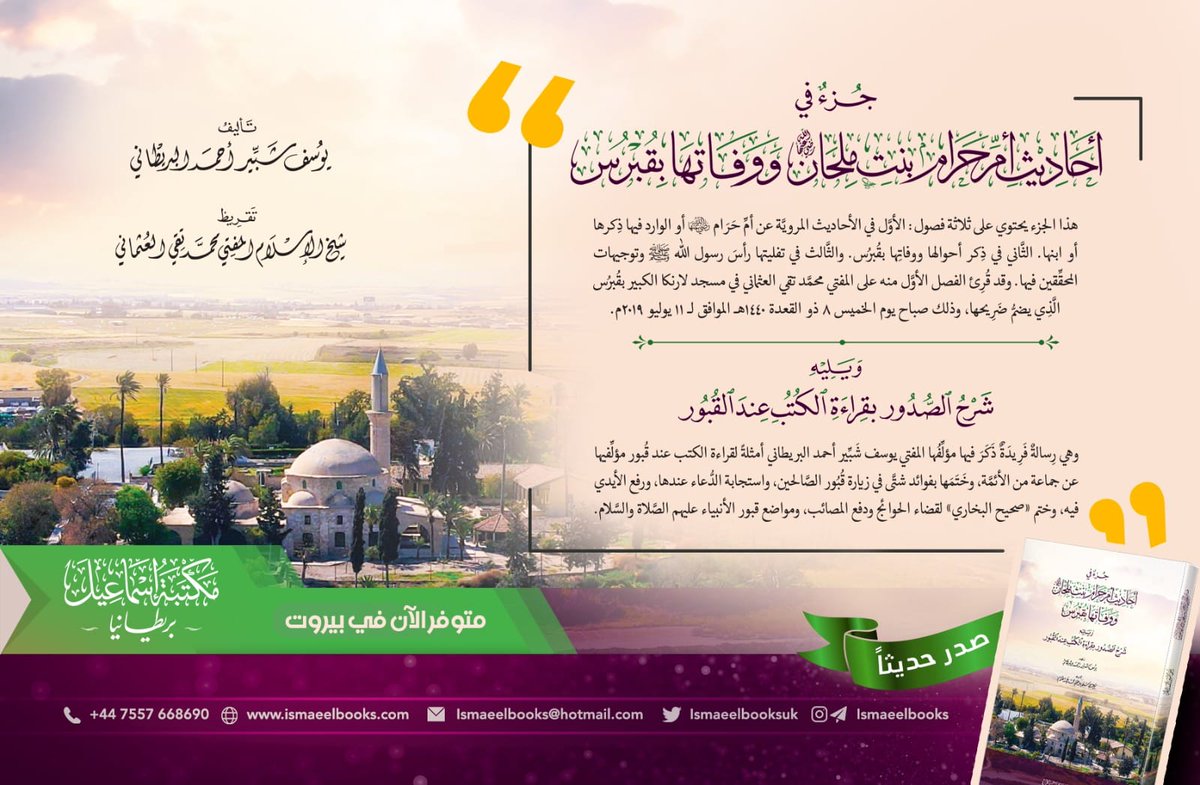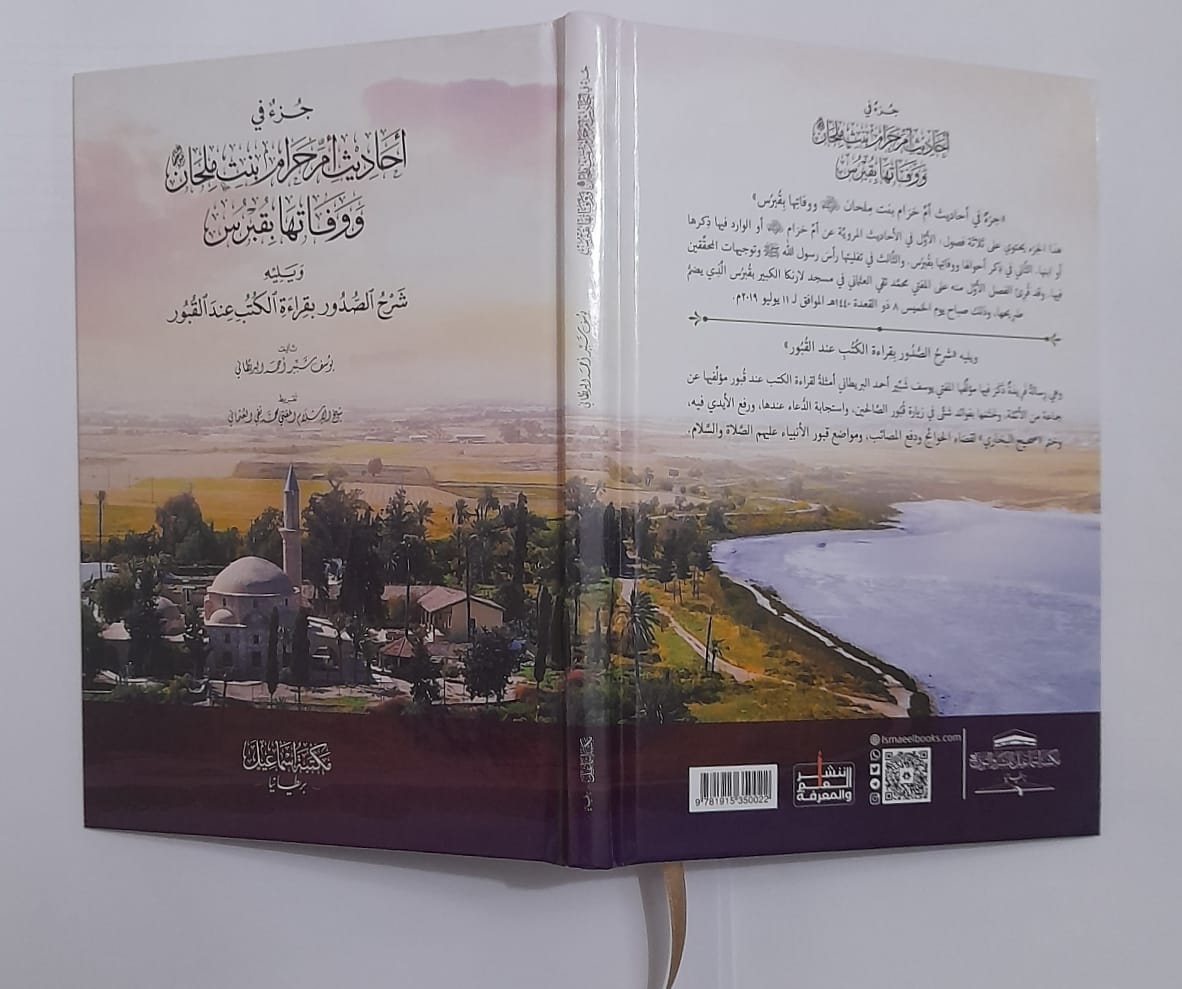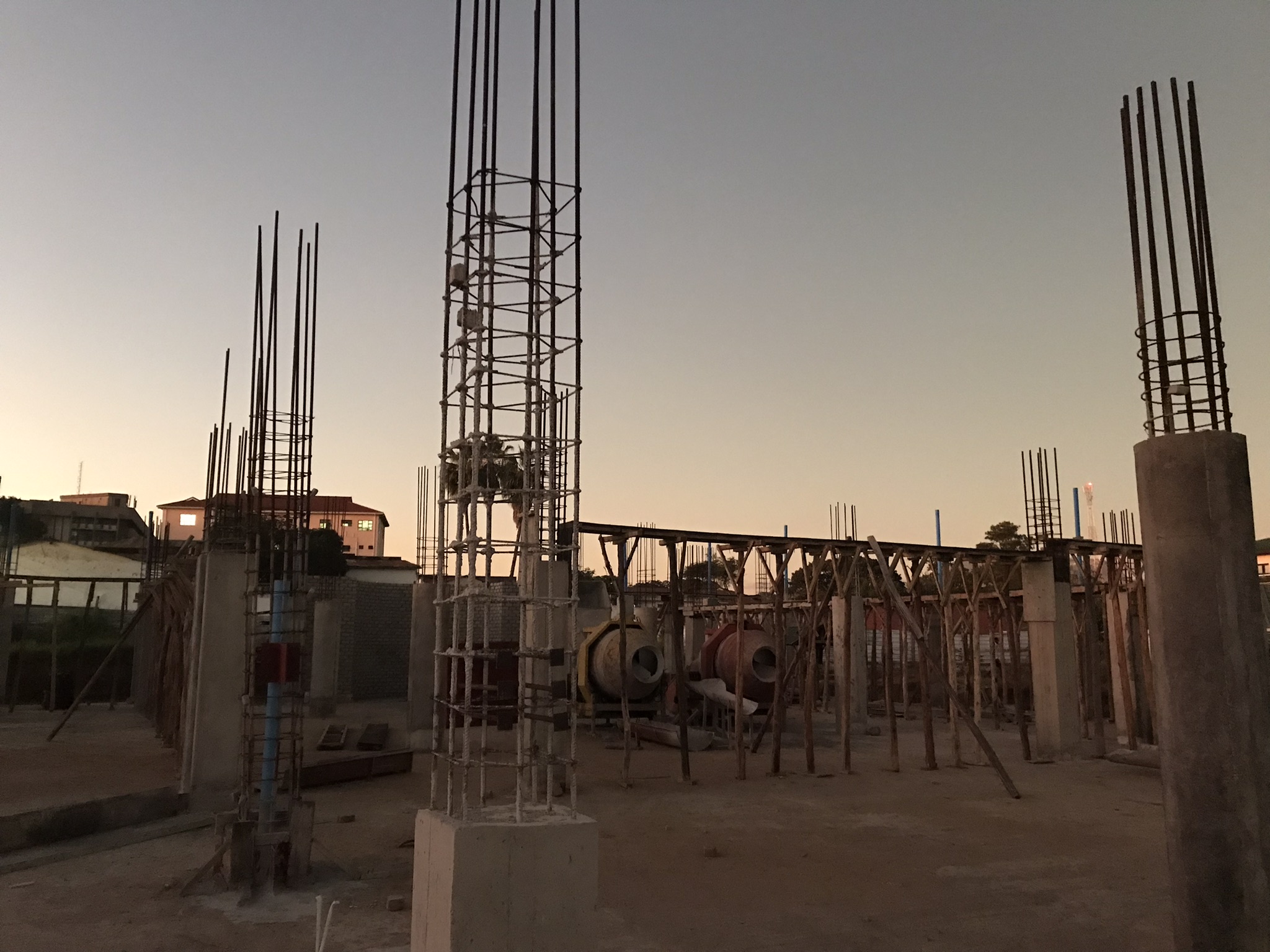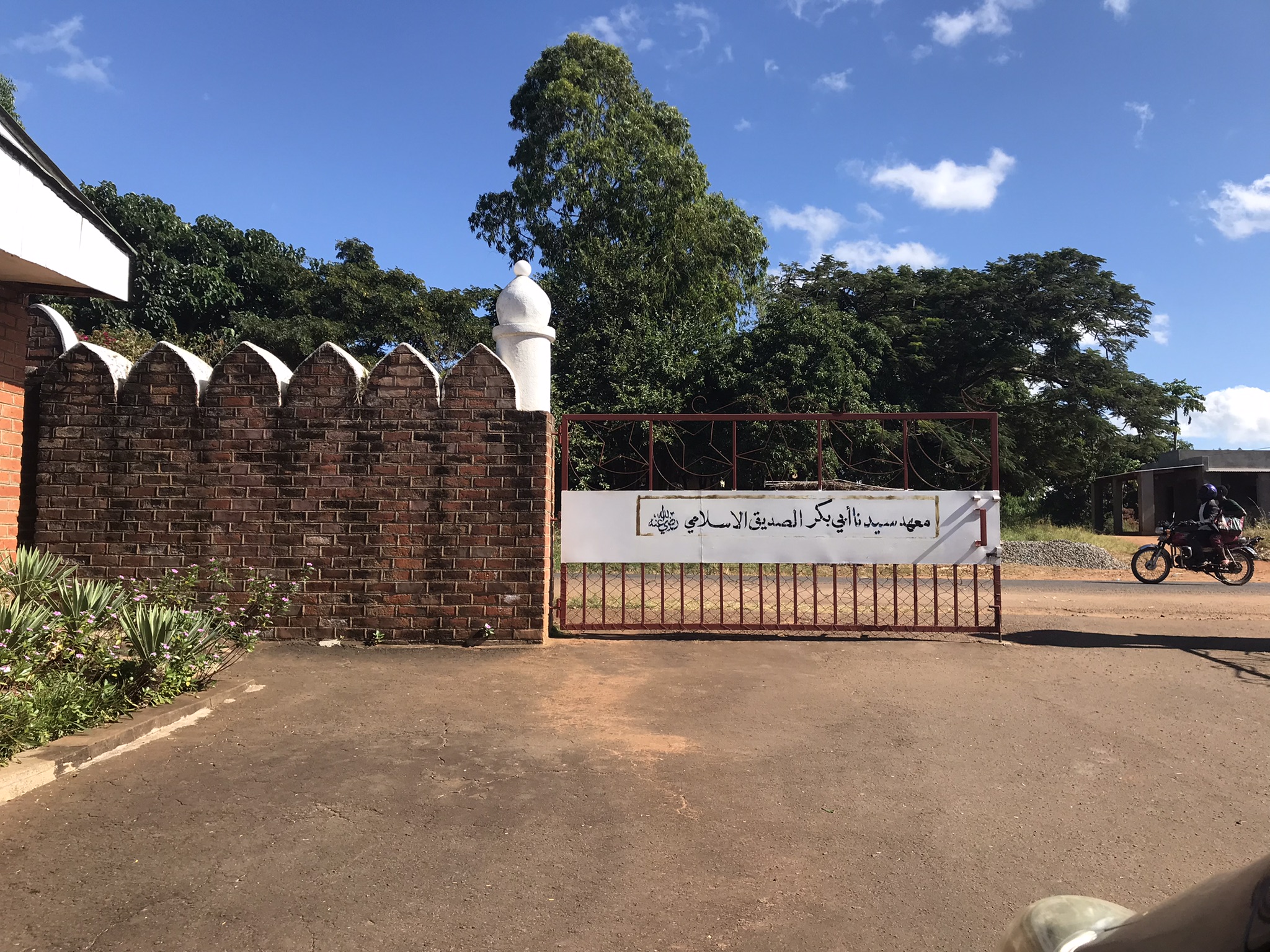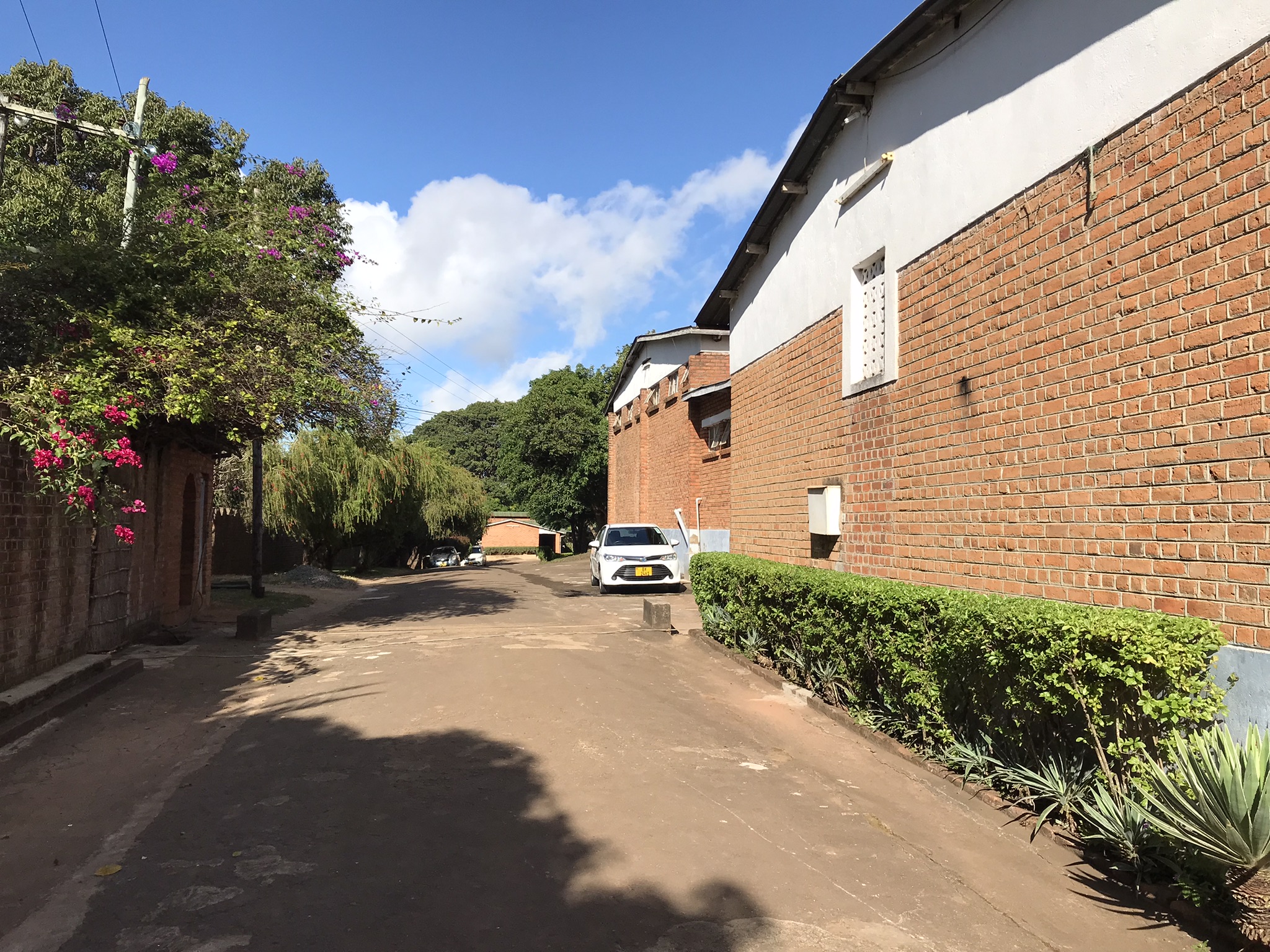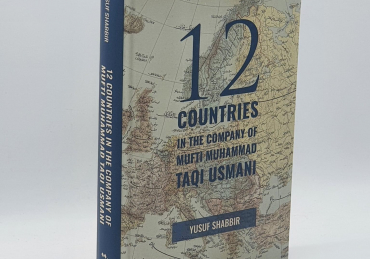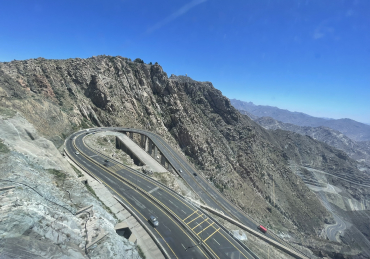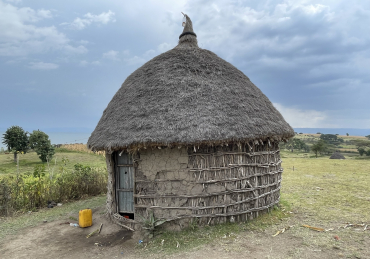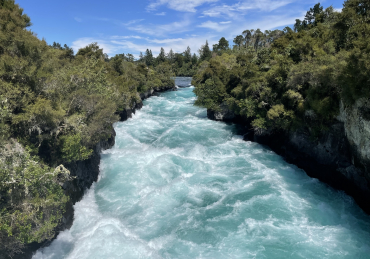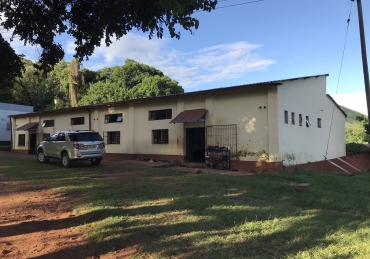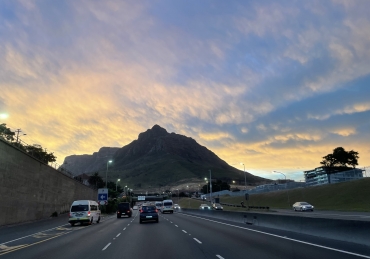Return to Malawi
In the Name of Allah, the Merciful, the Beneficent
Introduction
In March 2022, I visited central and southern Malawi. Details of this journey are available in my travelogue entitled One week in Malawi and East Zambia. Prior to this visit, I had already planned to visit Malawi in May with a friend. This travelogue thus shares details of this third journey of mine to Malawi, focusing more on the areas and projects not visited in the previous journey.
My journey begins on the train from Blackburn to Manchester Airport on Friday 20 May 2022. Ethiopian Airlines does not fly from Manchester every day. I thus board the 6.05pm Lufthansa Airlines flight to Frankfurt which is delayed by over an hour due to weather conditions in Germany. The flight arrives into Frankfurt at 10pm and the onward 10.05pm flight to Addis Ababa is missed. There is chaos at the Airport. Hundreds of people have missed their flight connections and there is a two-hour queue at the Lufthansa Service Centre for hotel bookings. After waiting for two hours, the Lufthansa staff inform me that I will have to book my own hotel because their quota for hotel bookings has been reached. I book the Intercity Hotel near the Airport, only to stand in the check in queue for another two hours.
The following morning, brother Tugrul Aras collects me from the hotel with the intention of giving me a tour of Frankfurt city. However, we first return to the Airport to re-book my ticket. This time round, the queue is three hours and I am booked on the 3.25pm Egypt Air to Cairo, and from Cairo to Nairobi, and from there in Malawi Airlines to Lilongwe. There is no time to visit the city and brother Tugrul bids me farewell at the Airport. Brother Tugrul is a friend of brother Talha Yesilhark, who I know via some work with an organisation he is associated with in Turkey, Sözler Köskü.
Day 1 – Sunday 22 May 2022
Mzuzu, North Malawi
I arrive into Kamuzu International Airport in Lilongwe at 7.30am, 19 hours after the scheduled time. The Airport is quiet. The visa formalities are quickly sorted, although a suitcase is missing.
From Lilongwe to Mzuzu
My friend arrived into Lilongwe yesterday accompanied by his son. They both receive me at the Airport, and we head north towards Mzuzu on the M1 road. The Airport is located north of the city so this is the most sensible thing to do to avoid affecting our itinerary. Accompanying us on this journey to Mzuzu is is Gaffar Bhai and Ikram Bhai along with Shaykh Bilal Ismail and his colleague. Gaffar Bhai and Ikram Bhai are part of the MEMON (Muslim Education Movement of Northern Malawi) charity, that operate various charitable projects in the northern region including a Darul Uloom in Mzuzu and 33 Maktabs.
We stop on the way in two different locations and meet with some scholars. One of these is a Masjid in Galileya where we meet with Imam Khalid Jafar.
Mzuzu
We arrive into Mzuzu at 1.30pm and check in to our hotel, the Grand Palace Hotel. The distance between Lilongwe Airport and Mzuzu is 335km and the direct journey takes four hours.
Mzuzu is the capital of Malawi’s northern region and is the third largest city by population. Its population exceeds 220,000 people whilst some 1.7 million people live around the outskirts of the city. The city lies in a gap in the Viphya Mountains, and the agricultural region surrounding the city specialises in tea, rubber and coffee cultivation. The Viphya Plantation south of the city is the largest man-made forest in Africa.
Our primary purpose of visiting Mzuzu is to understand the needs of the Muslims here and the work of Muslim organisations. This is because compared to the central and southern regions, the northern region is neglected and in need of a lot of work.
We eat lunch at the residence of Ibrahim Bharuchi at 2pm. The people of Malawi are extremely hospitable.
Darul Uloom Mzuzu
At 3.30pm, we arrive at the Darul Uloom Mzuzu which is managed by MEMON (Muslim Education Movement of Northern Malawi).
There are currently 71 students although the institute has the capacity to serve more students. Currently, the education includes a Ḥifẓ class along with the first three years of the ʿĀlim class. The institute was established 15 years ago and is situated in a prime location of the city. Mawlānā Anwar Ṣāḥib of Pakistan is stationed here and is responsible for the day to day running. My dear friend, Mawlānā Arif Ṣāḥib of Lilongwe has also been providing support since a year.
We interact with the teachers, several of whom studied in South Africa. We also interact with some of the students and listen to some of the indigenous Malawians recite the Quran in their melodious voices.
Anwār Madīnah Masjid
Next, we head to the Anwār Madīnah Masjid, built by late Abdul Hamid Alimahomed. Only Allah knows how much reward he will be receiving. Throughout Malawi, he has Ṣadaqah Jāriyah projects to his name. The Madinah Masjid in Limbe was built on land donated by him. The Masjid in Bilal Darul Uloom Limbe was also built by him. In the Mangochi region, he established the Mehboob Memorial Centre which is home to a Darul Uloom, clinic and much more. The Masjid in Sharpvelle was also established by him. Allah Almighty shower mercy on him and grant him an abode in Jannat al-Fridaws.
As the Anwār Madīnah Masjid was built many years ago, it has become old. Renovation works are required, and some locals are of the view that a rebuild would be better.
We leave for a quick tour of Mzuzu and return to the Masjid for Maghrib Ṣalāh. We also meet the Imam who is from Bharuch, India.
The evening concludes with a discussion over dinner with Gaffar Bhai and Ikram Bhai. The Grand Palace Hotel is owned by a Muslim and the food is Halal.
It has been a continuous journey since Friday afternoon, and thus time to rest.
Day 2 – Monday 23 May 2022
From Mzuzu to Salima via the Lakeshore Road
Maktabs run by MEMON
We depart from the hotel at 8.45am with Mawlānā Anwar and visit a Maktab in Masjid al-Khayr in the outskirts of Mzuzu.
This is one of 33 Maktabs run by MEMON as mentioned above. These Maktabs serve 1500 pupils. The importance of such Maktabs cannot be emphasised enough. They are a means to preserving the faith of thousands of people and saving generations.
Nkhata Bay
Mawlānā Anwar bids us farewell and we are now on our way to Nkhata Bay. There are three of us: my friend, his son and myself. My friend and I alternate in driving the car. Driving is not too difficult in Malawi. We are taking the M5 Lakeshore road south and intend to reach Salima by the evening.
Our first stop on the coastal route is Nkhata Bay, 50km from Mzuzu.
Nkhata Bay is a Malawian port town on the western shore of Lake Malawi. Here, we visit a Masjid built many years ago by my friend’s brother-in-law and perform two Rakʿat Taḥiyyat al-Masjid. May Allah Almighty shower His mercy on him and keep the Masjid populated.
We also visit another Masjid in the town which is in need of substantial repairs.
Chinteche
We continue our journey south and our next stop is Chinteche. The distance between Nkhata Bay and Chinteche is 40km. At 12.30pm, we arrive at the Osman Omar Masjid complex which is home to a beautiful Masjid, school and Maktab.
We are welcomed by Mawlānā Suhail Badat, a graduate of Darul Uloom Kharod in Gujarat, India who has arranged some refreshments. The setup is impressive, it is clean and organised. This project was established and funded by MyMalawi charity from the UK run by brother Salim.
The charity is also constructing a Masjid within a few minutes from this location.
Nkhotakota
We are back on the road and are travelling south to Nkhotakota. The distance between Chinteche and Nkhotakota is 150km and the journey takes just under two hours. We arrive at 3pm and visit the ongoing construction work at the Amina Masjid site, another project of MyMalawi. We meet with Sher Gani here who is one of the project managers on site.
Nkhotakota Pottery Lodge
We depart from Nkhotakota and head south. Brother Salim of MyMalawi suggested earlier to stop at Pottery Lodge for lunch, which is a 20-minute drive from the Masjid project.
The food here is of good quality and the rooms are also of a decent standard. The Lodge is on the Lake Malawi.
Salima
We depart from the Pottery Lodge and travel towards Salima. The distance between the two is 100km. Salima is located in the central region of Malawi and is a popular site for tourists. Many Asians own cottages here. A Malawi tourism website states:
“To the east of Salima town is Senga Bay. This beautiful bay is the closest point on Lake Malawi to the country’s capital, just one and a half hours’ drive due east from Lilongwe. A broad stretch of sandy beach is host to a range of hotels, extending from the luxurious to small lodges and campsites. The two Serendib properties, Blue Waters by Serendib and Kambiri Beach by Serendib are amongst the most popular in Senga Bay, with plenty of facilities and activities for its guests. Off shore on its own deserted island in the Marelli Archipelago (part of the Lake Malawi National Park) is the wonderful Blue Zebra Island Lodge.”
We arrive into Salima and perform Ṣalāh at Masjid Ahmad Said Al-Warwari Al-Ghamdy and thereafter proceed to the Sunbird Waterfront Hotel. The hotel has some stunning views of Lake Malawi.
Later in the evening, we eat dinner at the nearby Lakeside Hotel. The food is good but the wait exceeds an hour.
Day 3 – Tuesday 24 May 2022
Mangochi District
Sharpvelle School
At 8.30am, we depart from Salima and arrive at Sharpvelle by 10am. Mawlānā Riyaz Ṣāḥib has already arrived here. This is one of the projects of Mehboob Memorial Centre which I did not visit during my previous two visits.
Many years ago, the late Abdul Hamid Alimahomed built a Masjid here, primarily because this is a majority Christian area with very few Muslims. Later, a school and Maktab was established here by Mehboob Memorial Centre. Of the 373 children studying at the school, only 55 are Muslims. In addition to the school staff, there are two Imams employed here who serve as Imams and teach 48 pupils in the Maktab. Their salaries are 8500 (£80) and 9500 (£90) Kwachas per month respectively.
We visit the classrooms and observe some of the teaching. We also distribute 6000 (£55) Kwachas each to 100 poor people who were selected in advance and invited here by the two Imams.
Mvunguti
From Sharpvelle, we travel towards Monkey Bay and from there take a fast boat to Mvunguti.
We visit the Masjid and mobile clinic here and undertake a similar distribution here to 100 people. However, some of the beneficiaries are non-Muslims, for whom non-Zakat funds are used.
Mehboob Memorial Centre
We return by boat and arrive at Mehboob Memorial Centre shortly after 2pm. The rest of the day is spent visiting the various projects at the Centre and attending meetings. Further details can be read in the aforementioned travelogue.
Later in the evening, we visit Madeco and provide 6000 Kwachas to 83 people.
Day 4 – Wednesday 25 May 2022
Visit to Makanjila by helicopter
Helicopter journey to Makanjila
In my previous journey, I travelled to Makanjila by car and the journey took four hours one way. The distance is only 100km but the road is very bad. My friend suggested we should travel by helicopter due to his health and also the tight schedule. The arrangements were made in advance.
The helicopter arrives from Lilongwe and lands at the Mehboob Memorial Centre at 9am. All the pupils come out from their classrooms to see the helicopter. Many villagers also join in. I think to myself how grateful we should be. Allah Almighty has blessed us with so many bounties. Almost all of the local people have probably never seen a helicopter or an aeroplane this close, let alone use one. The helicopter is small and is a first time for me. The blades (also known as rotors) start to spin, creating a force that allows the helicopter to rise into the air. The helicopter ascends, crosses the Lake and within 18 minutes we land at the Makanjila Private Primary School.
Thousands of people are gathered to welcome us. We begin by donating 6000 Kwachas each to 500 people who have been selected in advance. This is followed by a visit to the school which serves more than 800 pupils.
We return to Mehboob Memorial Centre in Mangochi at 11am.
Mponda Primary School
At midday, we visit the Mponda Primary School, established by Mehboob Memorial Centre. The school serves 768 pupils and also provides Maktab education in the afternoon. From here, we visit the Mangochi town and a particular area where once upon a time, many Asian families resided.
We also visit the Alimahomed Hassam Education Centre.
Umar al-Faruq Darul Uloom
At 12.40pm, we arrive at the Umar al-Faruq Darul Uloom.
This is one of Bilal Trust’s projects which previously offered the full ʿĀlim class program. However, it now offers a three-year Imam and Khaṭīb course in addition to Ḥifẓ class. Currently, the Darul Uloom has 222 students.
The Masjid within the complex is beautiful.
Visit to Maktabs
Later in the afternoon, we visit two Maktabs; the first one is at Mazeze.
The other is at Aminas. Both Maktabs are run by Mehboob Memorial Centre. The Masjid at Aminas needs urgent repairs. Many time people build Masjids but do not look after them.
The Maktab classes here take place outdoors, and this is one of the thirty-three Maktabs run by Mehboob Memorial Centre. These Maktab provide Islamic education to 4300 children.
Day 5 – Thursday 26 May 2022
A busy day in the Zomba District
Maryam Girls Teachers Training College
It is an early morning start after Fajr Ṣalāh as we depart from Mangochi and head south towards Zomba. On route, we stop at Maryam Girls Teachers Training College in Likala Village, Mangochi District. The College was established by Al-Barakah Charity Trust and is currently managed by Bilal Trust.
Every year, more than 100 girls graduate from here as qualified primary school teachers. In Malawi, a university degree is not required to teach in primary schools. The College is approved and certified by the Government. Approximately, eight years ago, I was involved in sponsoring some students here but had not visited it. We arrive here shortly before 8am and a member of staff gives us a quick tour.
Arrival into Zomba and visit to two villages
We arrive into the outskirts of Zomba at 9.15am. Mawlānā Junaid Ṣāḥib and Mawlānā Sheraz Ṣāḥib are awaiting on the road so that we can travel together to Ntonda village. Here, we distribute 5000 Kwachas (£5) each to 500 people. The people are extremely happy and start singing in appreciation.
Our next stop is Mingu village where Ummah Welfare Trust has constructed the Masjid Al-Hafiz Ibn Kathir.
This Masjid was donated by the family of our beloved cousin, Ahmad ibn Faruq Patel who passed away several years ago in his teens. Here, we distribute 5000 Kwachas each to 500 people. These people were selected in advance by Mawlānā Junaid and his team from the Anjuman Himayatul Islam and given a card with a unique number.
Zomba Central Prison
At midday, we arrive at the Zomba Central Prison, the only maximum-security prison in the country. This is one of six prisons where the Anjuman provides chaplaincy services. I visited this Prison in 2017 and delivered a short talk to the Muslim inmates.
Currently, there are 500 Muslim prisoners out of 2200 prisoners. They include political prisoners. Within the prison, there is a section for the high-risk offenders who are confined to their cells. There is a Muṣalla within the complex and the chaplain invites the Muslim prisoners to gather at the Musalla. Some 100 inmates gather. They include the former Home Affairs and Internal Security minister, Uladi Mussa, who was a very powerful politician during his tenure. I deliver a brief talk here and the chaplain translates.
Mawlānā Junaid explains that many prisoners have committed very low-level crimes and often get stuck in the bureaucracy of the system and spend years in prison. Such prisoners are supported to get justice.
Another distribution
We leave the Prison and proceed to Luwa Tala, another village where the Anjuman is running a Maktab. We visit the classes and also distribute 5000 Kwachas to 550 people. 5000 Kwachas (£5) is nominal for most people in the UK, but it means a lot to people here. We also observe a house built by the Anjuman, funded by Ummah Welfare Trust.
Zomba Masjid and Graveyard
We return to Zomba town, visit the graveyard where my father’s grandfather Ḥājī Ismail Patel and the late Abdul Hamid Alimahomed’s father Alimahomed are buried, in addition to Ḥājī Bapu and others.
We also the Zomba Masjid and perform Ṣalāh.
Lunch at Mawlānā Sheraz’s residence
The next stop is Mawlānā Sheraz’s residence. A detour has to be used due to some protests. Mawlānā Junaid reminds me that during my last visit, I was also welcomed by protests.
Mawlānā Sheraz lays out a BBQ feast, featuring the hump of a cow, steak, prawns and much more. I do not think he expected me to return to Malawi so quick, but his sincere request and supplication was accepted and materialised very soon. Allah reward him for his generosity and affection. Mawlānā is an expert hunter, which means that another visit to Zomba is necessary.
Darul Uloom and Zomba Pleatau
We leave Mawlānā Sheraz’s residence, make a quick visit to the Darul Uloom and thereafter head to Zomba Pleatau. The scenes are breath-taking.
From Zomba to Blantyre
At 5pm, we set off from Zomba and travel towards Blantyre. In Blantyre city, there is a lot of traffic and we reach my friend’s nephew’s residence at 7pm. Both he and his wife are extremely hospitable and host us until our departure.
Day 6 – Friday 27 May 2022
A busy day in Limbe and Blantyre
Meeting with Mawlānā Arif and MEMON team
Earlier this morning, my dear friend Mawlānā Arif of Al-Mahmood Institute, Lilongwe departed at 4am from Lilongwe with Sajid Bhai and Zubair Bhai of MEMON (Muslim Education Movement of Northern Malawi) to meet us. Allah reward them for the sacrifice. As our return flight is from Blantyre tomorrow, we requested them to meet us in Blantyre. They arrive shortly after 8am and a fruitful discussion follows over breakfast in relation to Al-Mahmood’s programmes in the central region and MEMON’s projects in the northern region. In particular, we discuss how Maktabs can be revived and the communities surrounding them empowered Islamically and economically. Mawlānā Arif concurs with our observation that the northern region is the most neglected region and deserves support.
My suitcase had arrived yesterday to Zomba, so I gift Mawlānā Arif Ṣāḥib two of my recently published books: Al-Sirāj al-Wahhāj fī Khidmat al-Azwāj and also Juz fi Aḥādīth Umm Ḥarām bint Milḥān Raḍiyallāhu Anhā.
Visit to several institutes in Limbe
Mawlānā Arif and the team return to Lilongwe at 10.30am, and we drive from Blantyre to Limbe. Our first stop is the Tanweer for the Blind. This is followed by a visit to Bilal Darul Uloom and thereafter Madrasah Jamiah Islamiyyah. Details of all three institutes are available in the travelogue of the previous visit. Mufti Safwaan who I was unable to meet in my previous trip is also present at Madrasah Jamiah Islamiyyah and we briefly meet. Yaqub Bhai Bharuchi, my host in the previous two trips, is also present.
We also visit the Al-Ghazali Institute in Limbe run by Mawlānā Bilal Safire.
Jumuʿah Ṣalāh at Masjid Taqwa, Blantyre
We perform Jumuʿah Ṣalāh at the recently built Masjid Taqwa which opened in March 2022. The beautiful Masjid is located at Ginnery Corner near the Queen Elizabeth Central Hospital (QECH).
Meeting with Ḥāfiẓ Faisal Kassam
After Ṣalāh, we have lunch at the residence of Ḥāfiẓ Faisal Kassam, the Director of Mai Aisha Trust. We discuss the needs of the Muslims and the various challenges. The project to revive Maktabs and empower the Imams and their communities is also discussed. The Mai Aisha Trust employs more than 300 staff across its programmes.
At 3pm, we visit the Nyasa International Academy, run by sister Rubina Hajat. This is followed by a visit to Crossroads Hotel, owned by Haroon Sacranie.
Blantyre Muslim Jamaat
At 5.30pm, we visit the new Masjid project of the Blantyre Muslim Jamaat. Farook Gani, the brother of Altaf Gani, gives us an overview of the project. Funds are required to complete the project. Allah Almighty make this possible.
Dinner at Ibrahim Bhai’s house
Later in the evening, we have dinner at my friend’s friend, brother Ibrahim’s house. The hospitality of the Malawians is once again on display. Allah reward brother Ibrahim and all of our hosts in this journey.
Day 7 – Saturday 28 May 2022
Final day in Malawi
It is another early morning start at 7am as we head to Blantyre Airport to drop off my friend who is travelling to South Africa. Thereafter, Mufti Safwaan Ṣāḥib kindly collects me and we head to meet Mawlānā Muaz Nadwi Ṣāḥib, who I met in 2017 and was unable to meet in my most recent trip.
Mufti Safwaan Ṣāḥib
Mufti Safwaan Ṣāḥib runs a Darul Iftaa website and is the son of Ḥaḍrat Mawlānā Aḥmad Ṣāḥib, one of the senior scholars of Malawi and the founder of Madrasah Jamiah Islamiyyah, Limbe. I met Mufti Safwaan briefly yesterday but this is the first detailed encounter. Mufti Ṣāḥib is a young dynamic down to earth scholar involved in various project including charity work. We discuss various jurisprudential issues including the unfortunate division of scholars within South Africa and the extreme approach in some circles.
Mawlānā Muaz Nadwi Ṣāḥib
Mawlānā Muaz Nadwi is among the senior scholars of the country. He established the first Darul Uloom in Malawi in 1982. He was close to Shaykh Zakariyya Kandhelwi (d. 1402/1982) and Shaykh Abu al-Hasan Ali al-Nadwi (d. 1420/1999). His centre ‘Blantyre Islamic Mission’ also known as Maʿhad Sayyidinā Abū Bakr al-Ṣiddīq is located 30 minutes from Blantyre city. It currently serves 113 students, although the historic average is 135. The programme here is different from the other Darul Ulooms. The institute offers a four-year course, the first three years of which combines secular and Islamic studies, whilst the fourth year focuses on secular studies. Thereafter, many students serve as Imams whilst some pursue further studies in Saudi Arabia.
We arrive at Mawlānā’s residence at 8.30am. He warmly welcomes us and upon my question, explains that he first came to Malawi in 1979 and stayed for 35 days. Thereafter, he returned in 1982 and has remained here since. We discuss a range of issues particularly the deteriorating situation of Muslims in India. Mawlānā laments at the internal differences and divisions within Muslims. I do not drink tea or coffee at all. However, Mawlānā insists that I drink tea adding that it has been ‘certified’ to be the best tea by Ḥakīm Akhtar Ṣāḥib (d. 1434/2013). The tea did taste very good.
Madrasah Jamiah Islamiyyah
We return to Limbe and head to Madrasah Jamiah Islamiyyah. We meet with Ḥaḍrat Mawlānā Aḥmad Ṣāḥib, and thereafter Mufti Safwaan, his brother and Yaqub Bhai Bharuchi give me a tour of the new school building. The curriculum offered at the school is the Cambridge curriculum. The setup is good.
Farewell to Malawi
Mufti Safwaan kindly drops me to Blantyre Airport at 11.30am. Bribery is common here. Officers routinely ask for ‘Fanta’. My habit is to never give money to stop fuelling this habit.
The currency devaluated 25% yesterday; this is going to have a huge impact on the people because the salaries will not rise. As a result, there is a prohibition on taking foreign currency abroad. Tourists are exempt from taking foreign currency they brought in the country.
I board the 1.25pm flight to Addis Ababa with a brief stop in Beira, Mozambique. The onward flight from Addis Ababa is at 11.10pm and arrives in Dubai at 4.15am in the morning.
Reflecting on this journey, although there are many charities working in Malawi, there is a lot more work to do particular in the northern region and border areas like Makanjila. May Allah accept the work of all the charities working in Malawi and make this trip a springboard for further work. Āmīn.
Dr Yusuf Shabbir
19 Dhū al-Qaʿdah 1443 / 19 June 2022

